John Temple
Executive Producer
I am managing editor at the Washington Post.
Previously, I was the editor of Civil Beat, a start-up news service in Honolulu launched by eBay founder Pierre Omidyar.
I was the last editor, president and publisher of the Rocky Mountain News. I also was the VP News of the newspaper division of the E.W. Scripps Co. before it closed the Rocky at the end of February 2009. After the paper closed, I started a blog, Temple Talk, (still up today) and wrote, spoke and consulted on journalism issues.
I am a native of Vancouver, B.C., where my parents immigrated from Central Europe after WW II. I have a bachelor's degree in English from the University of Toronto, where I studied architecture before deciding to become a journalist. Nobody would hire me as a reporter during an earlier bad recession (even a bilingual Inuit/English weekly housed in a trailer in the Canadian arctic), so I got a master's degree in journalism from Northwestern University's Medill School of Journalism, which a few years ago inducted me into its Hall of Achievement.
The Medill experience changed everything. After an internship at the Kalamazoo Gazette (first assignment, take a photo of a plane crash), I went to work as a reporter at The Albuquerque Tribune and loved it. But less than four years later, after a stint as the national environmental reporter at the Toronto Star, Canada's largest newspaper, I became the Trib's city editor. I've worked as an editor ever since. I joined the Rocky in 1992 as metro editor and in 1995 was named managing editor. In 1998 at the height of the newspaper war, I became the paper's editor and led it through events including Columbine, 9/11, two Super Bowls, two Stanley Cups, a summer of raging forest fires, etc. After the joint operating agreement with The Denver Post went into effect in January of 2001, I became the top Scripps executive in Denver, with the publisher and president titles added. I took on a corporate role in 2006. During my tenure at the Rocky, the paper won its first four Pulitzer Prizes and numerous other national awards. As editor, I wrote a weekly column for eight years and a blog for four. I was the Rocky's first blogger.
I was lucky that I didn't go into journalism right away. My delayed start gave me perspective and experience that I couldn't have got otherwise. I was lucky to be able to earn enough money to enable me to travel twice for lengthy periods. Studying architecture was great preparation for editing because there's a whole way of working through a problem and synthesizing the contributions of team members in architecture that lends itself to good journalism. It also meant that I never saw myself as a "word person," although I love to write. That was the passion that brought me to newspapers in the first place.
I worked extensively online before joining Civil Beat. My main involvement was with RockyMountainNews.com, where we produced a multimedia presentation, A Dream Fulfilled, with MediaStorm on the Democratic Party's nomination of Barack Obama for president at the 2008 convention in Denver. I also founded YourHub.com in 2005. At that time, it was the largest "citizen journalism" initiative by a major American newspaper. In 2008, I created and launched RedBlueAmerica.com, a short-lived national web site funded by Scripps to attempt to bridge the gap between people on either side of the cultural divide.
I am married to the artist Judith Cohn and have three grown children.
John participated in the July 2009 MediaStorm Methodology Workshop. He had the following to say about his experience:
The methodology workshop gave me time to stop and step into a different way of seeing journalism. I came away at the end of the five days with one clear feeling - this is the greatest period for creative people ever.
MediaStorm Project Showcase
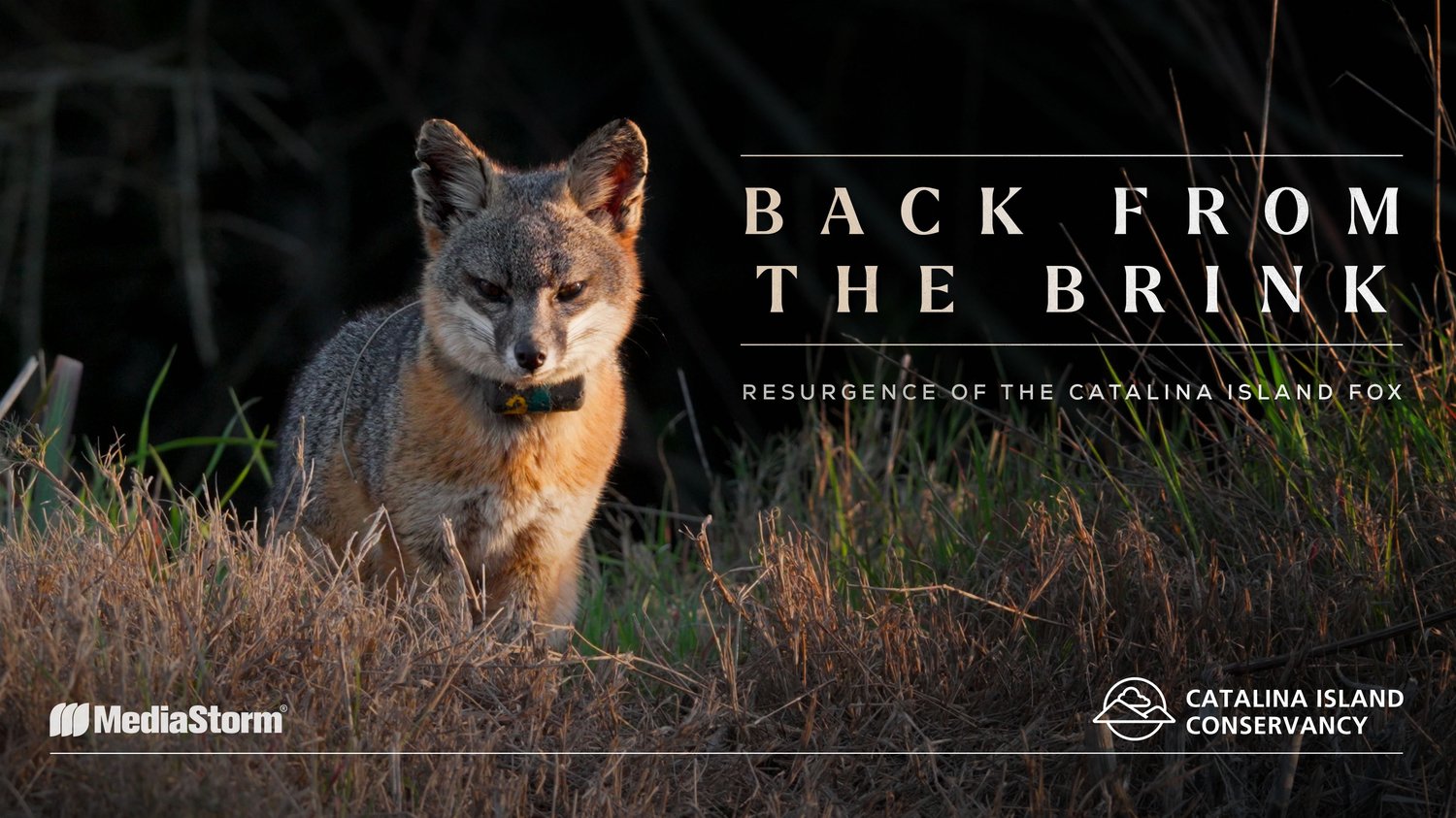
Once teetering on the brink of extinction, the Santa Catalina Island Fox made a dramatic recovery. Its resurgence marks one of the greatest conservation success stories in United States history.
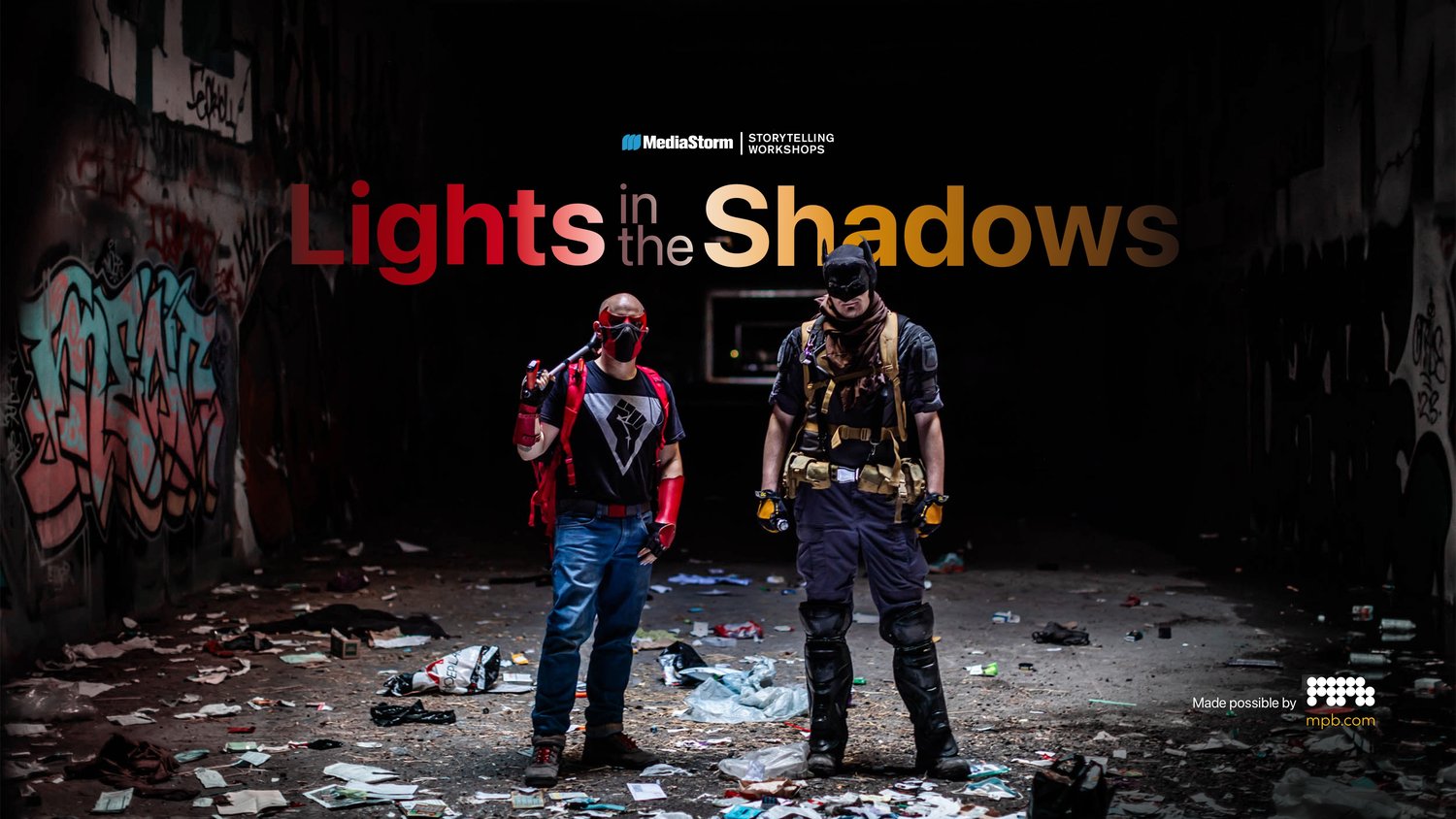
In the shadow of Silicon Valley’s booming technology industry, a growing number of people remain out in the cold. Skyrocketing housing prices in America’s hub of innovation have pushed many onto the streets, straining policymakers to find solutions to a homelessness problem that impacts everyone in the community.
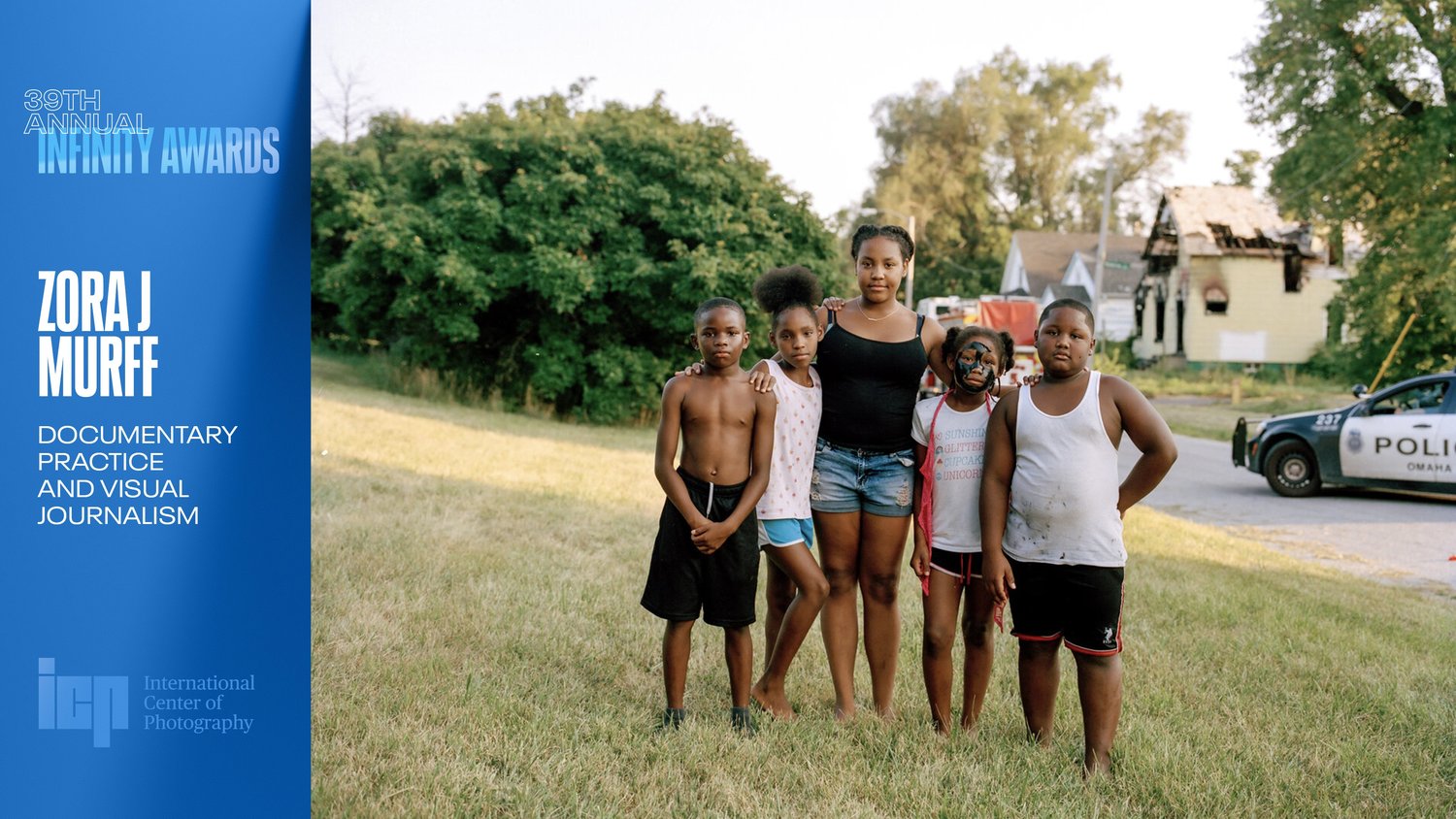
This page recognizing Zora J Murff for ICP’s 2023 Infinity Award for Documentary Practice and Visual Journalism features a film about his life, a slideshow of his projects and extra clips of his thoughts about his work and motivation.
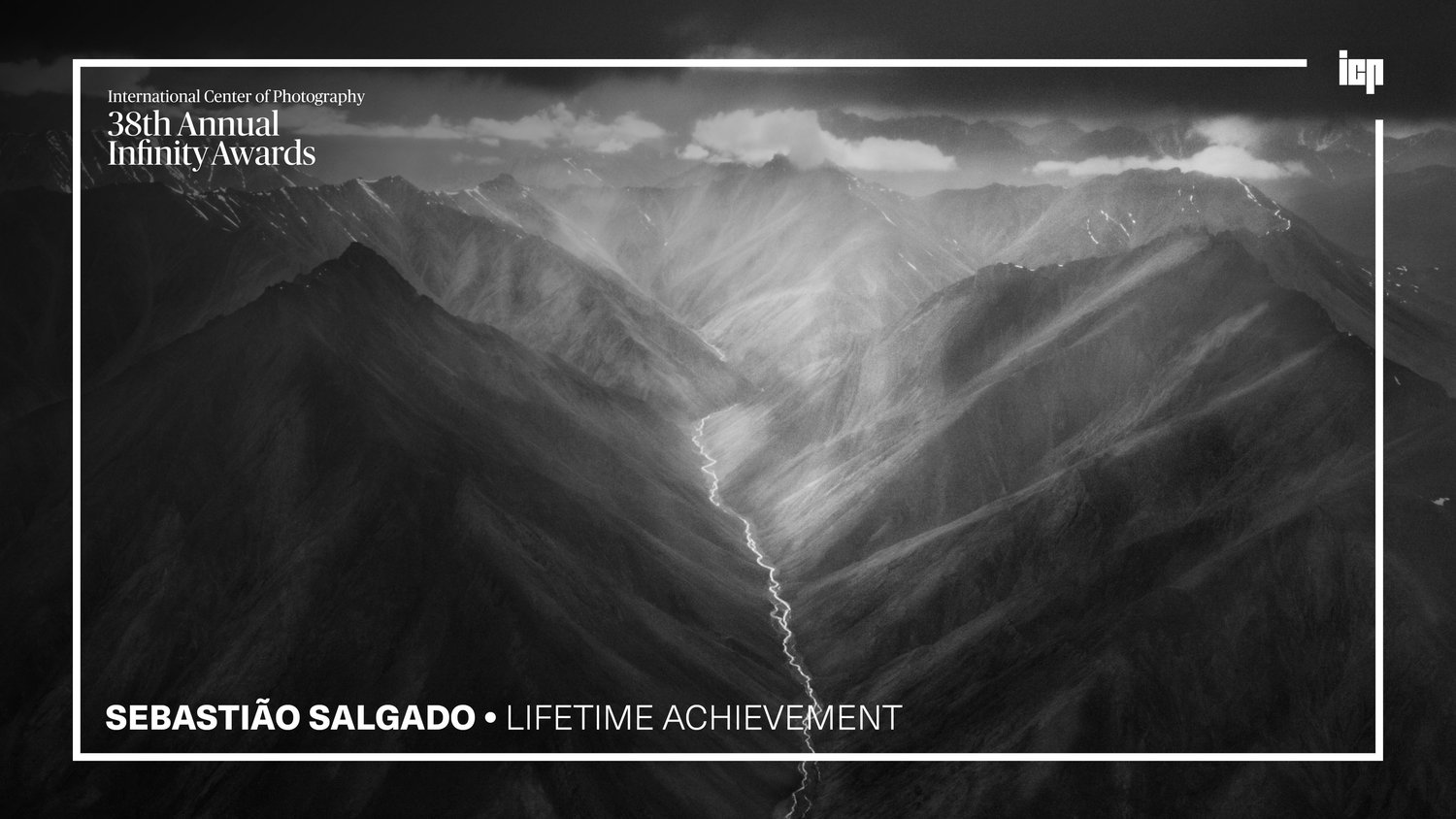
Sebastião Salgado says "a good picture, a fantastic picture, you do in a fraction of a second, but to arrive to do this picture, you must put your life in there."
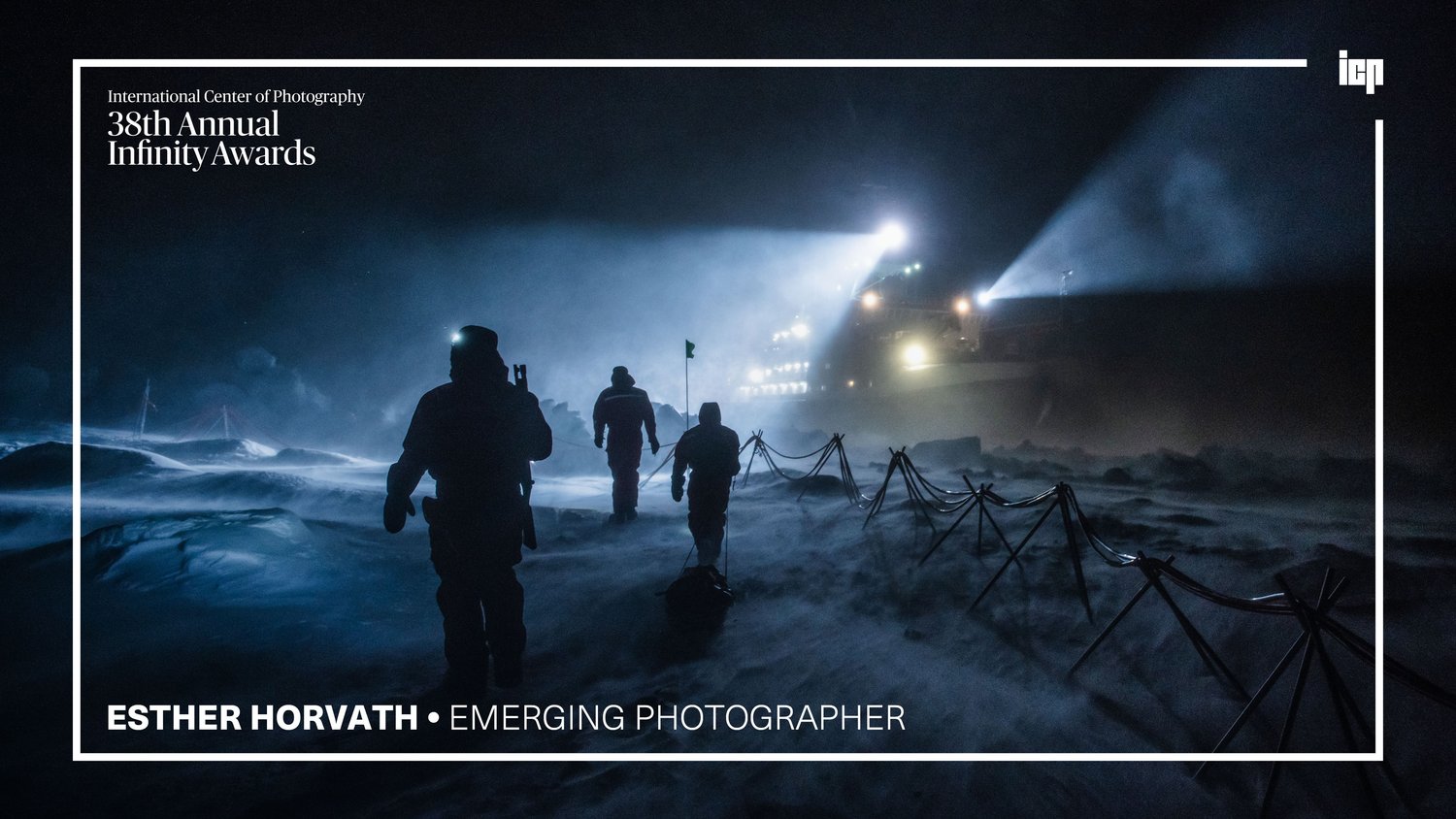
Esther Horvath has sent questions to the universe and she has received answers. She found her calling to tell visual stories that show the full research story behind our climate data.
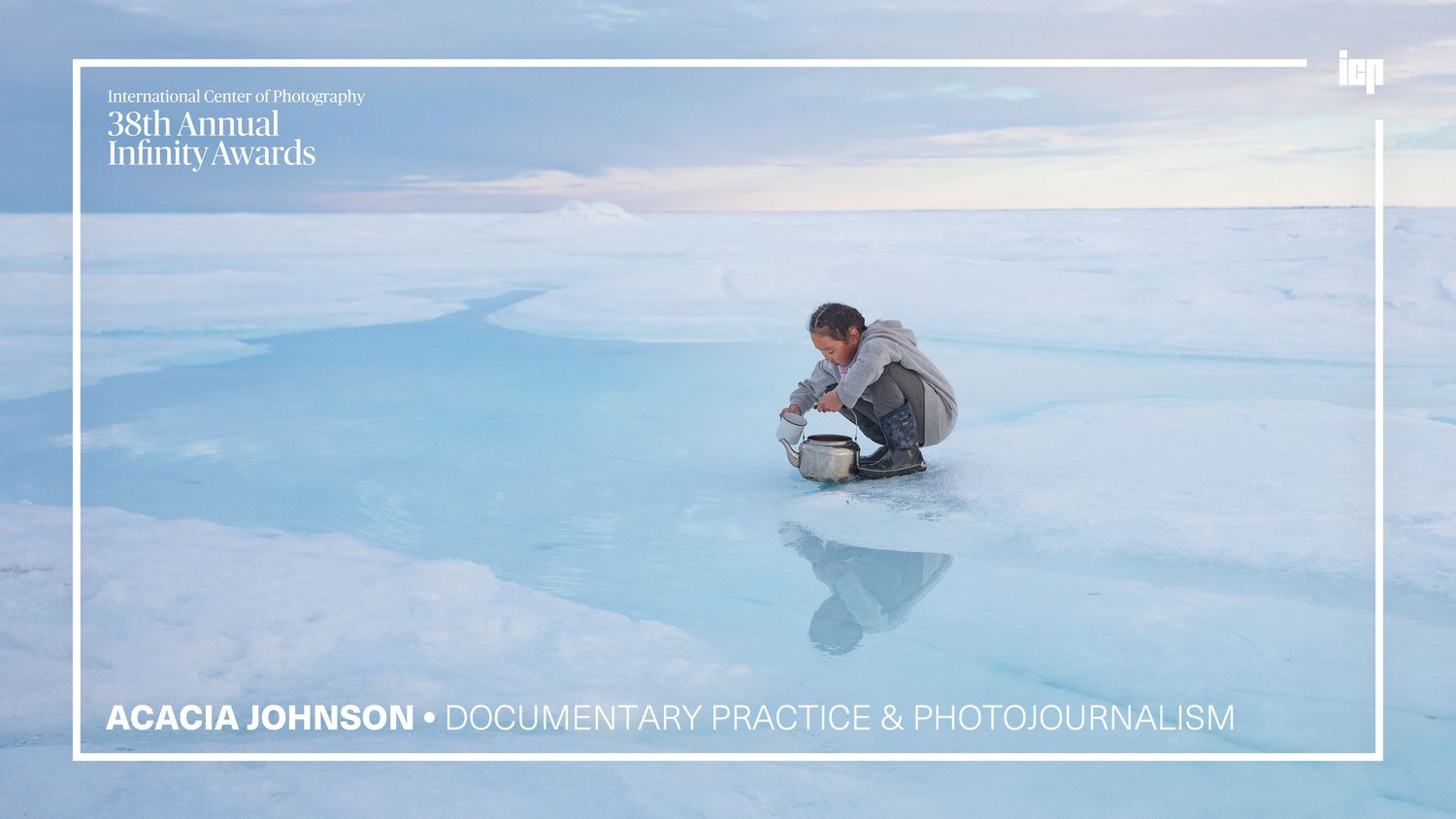
See photographer Acacia Johnson’s growth from her earliest explorations of Alaskan landscapes to a National Geographic cover for a documentary project among indigenous people of the Arctic.
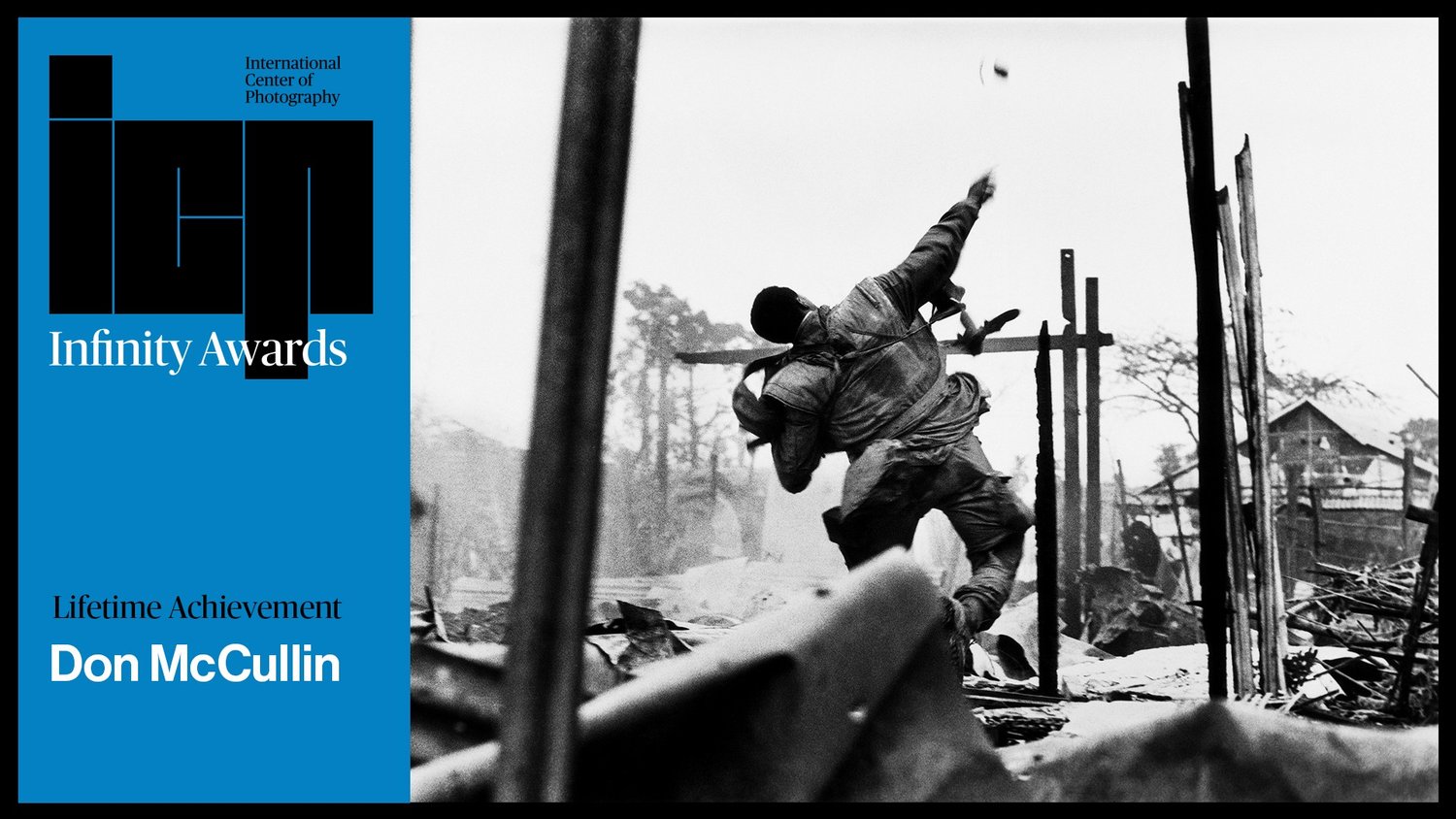
Sir Don McCullin never intended to become a photographer. He found it hard to believe he’d ever escape the poverty of North London. But a spur of the moment photograph launched McCullin into a career spanning 50 years in photography.
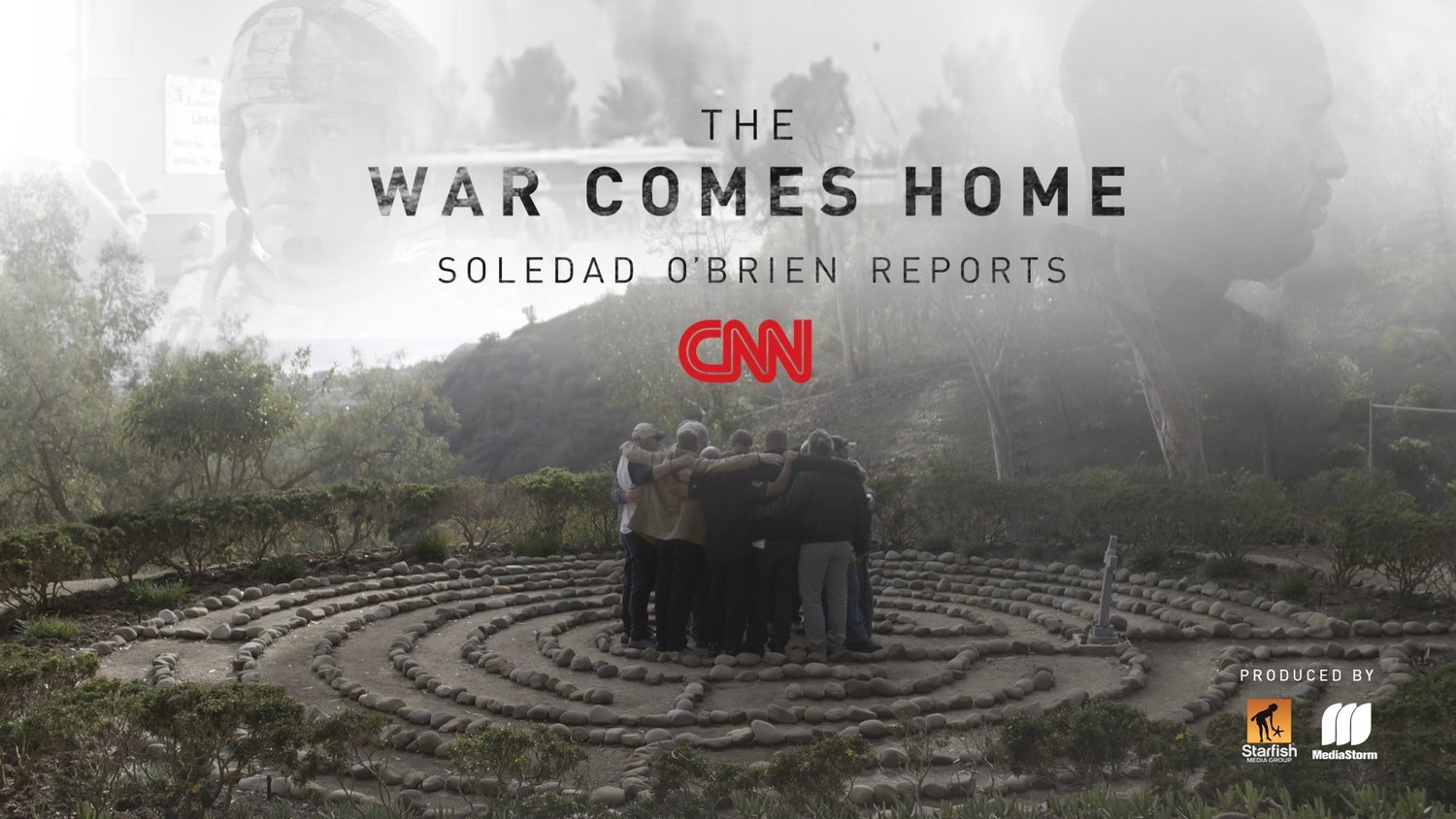
As the U.S. prepares for the final drawdown of soldiers from the conflicts in Iraq and Afghanistan, Soledad O’Brien and MediaStorm take an intimate look at two veterans as they struggle with the transition from war to home.
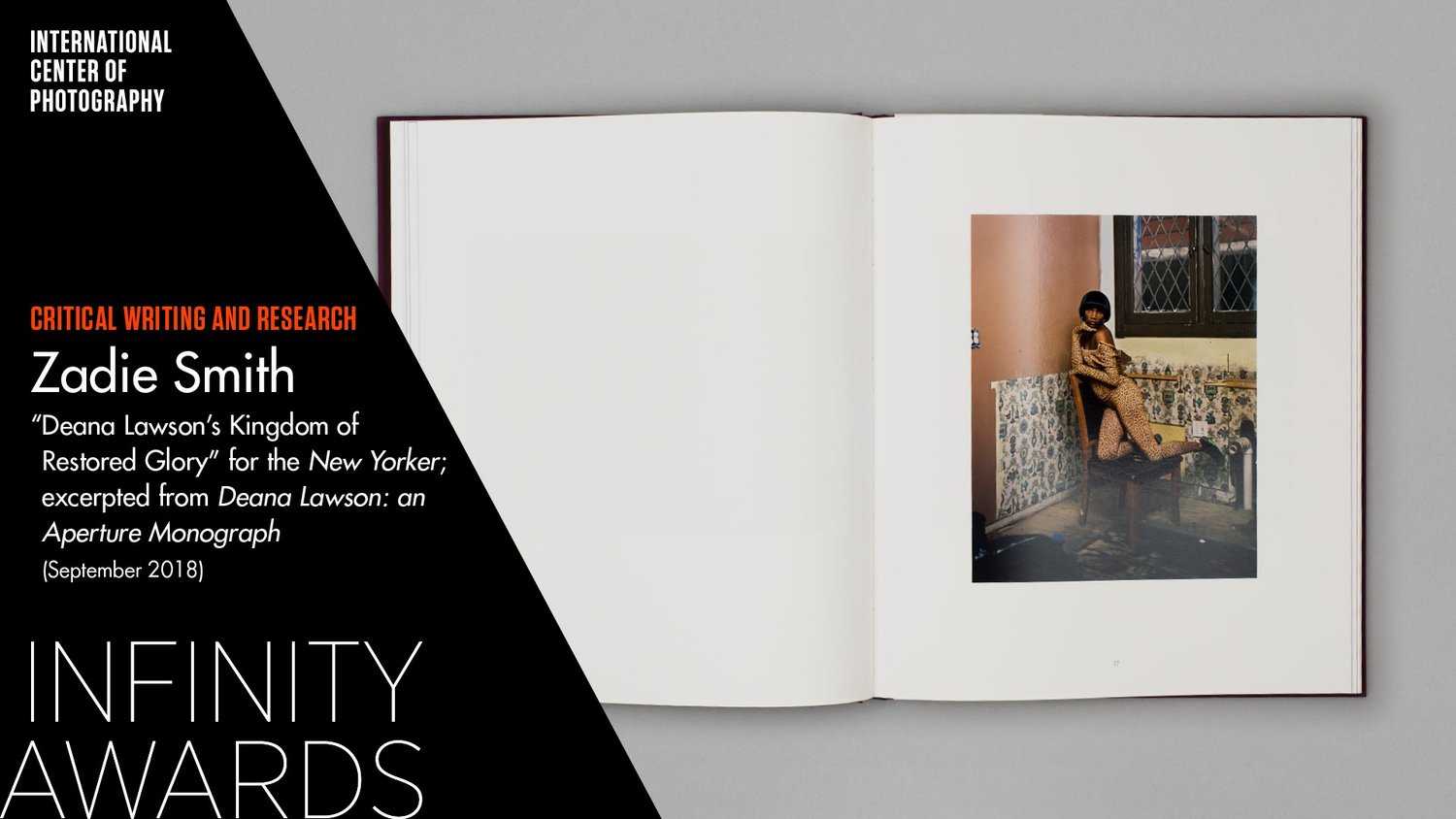
Writer Zadie Smith pays homage to photographer Deana Lawson in the artist’s first Monograph for Aperture.
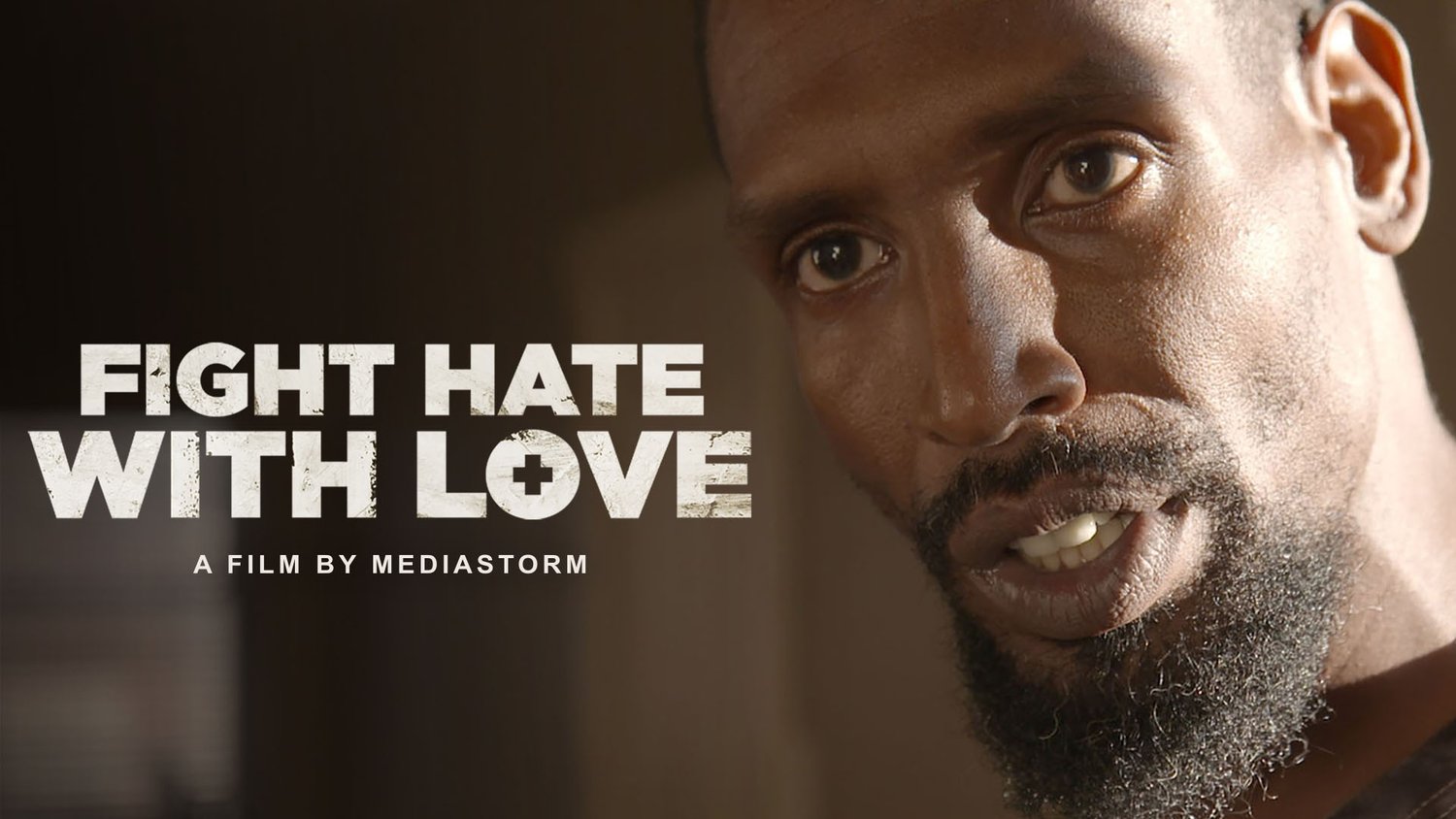
As a formerly incarcerated person, Michael struggled for work, and found purpose in being a husband, father, and activist. But 7 years since his release from prison, the cost of Michael’s activism is evident.
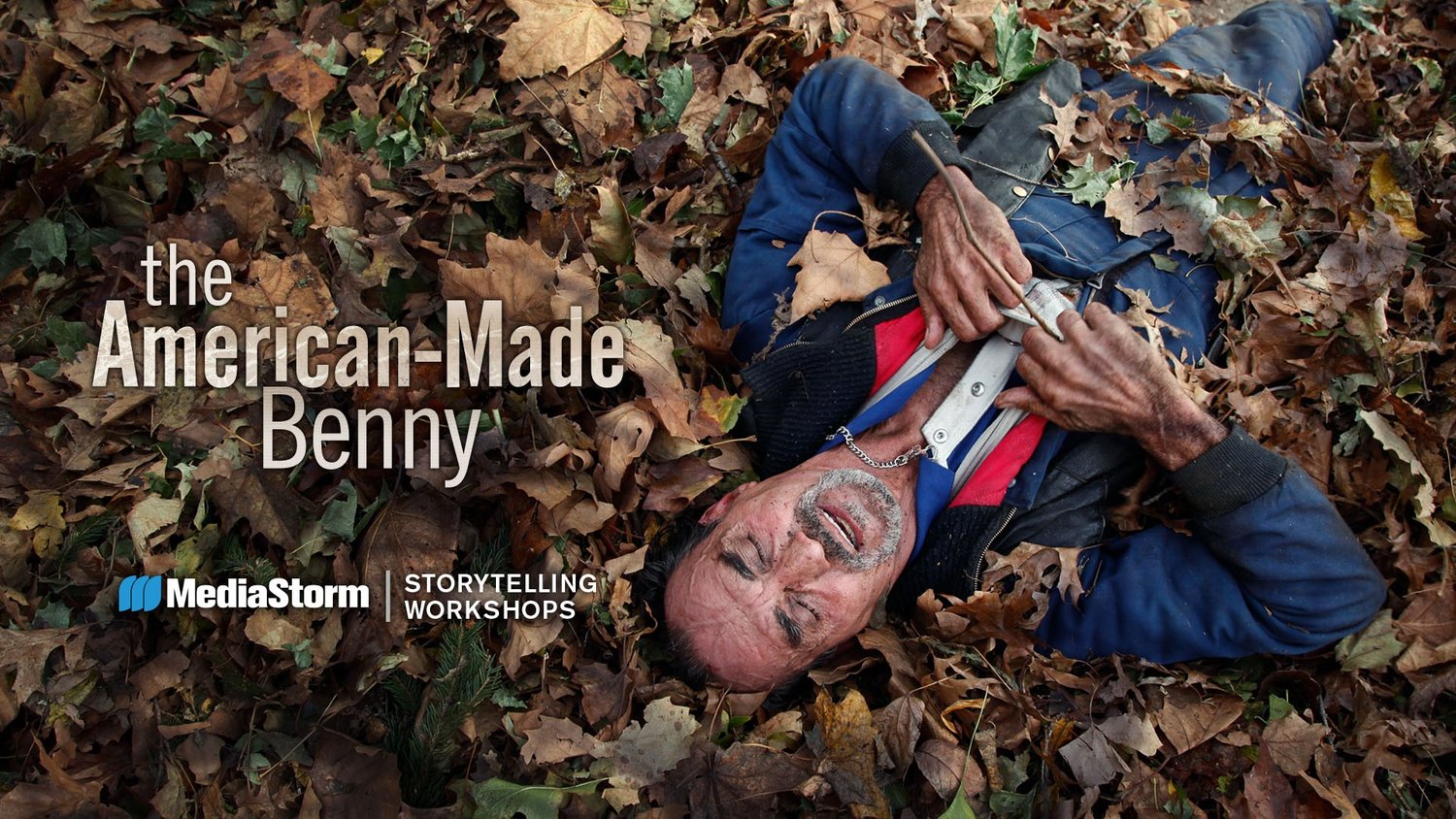
Benny is a “certified” garbologist. He collects what others throw away. Benny is also at war with his family. Here is a man sharing a house with his wife but living as a stranger. This is a household on the edge.
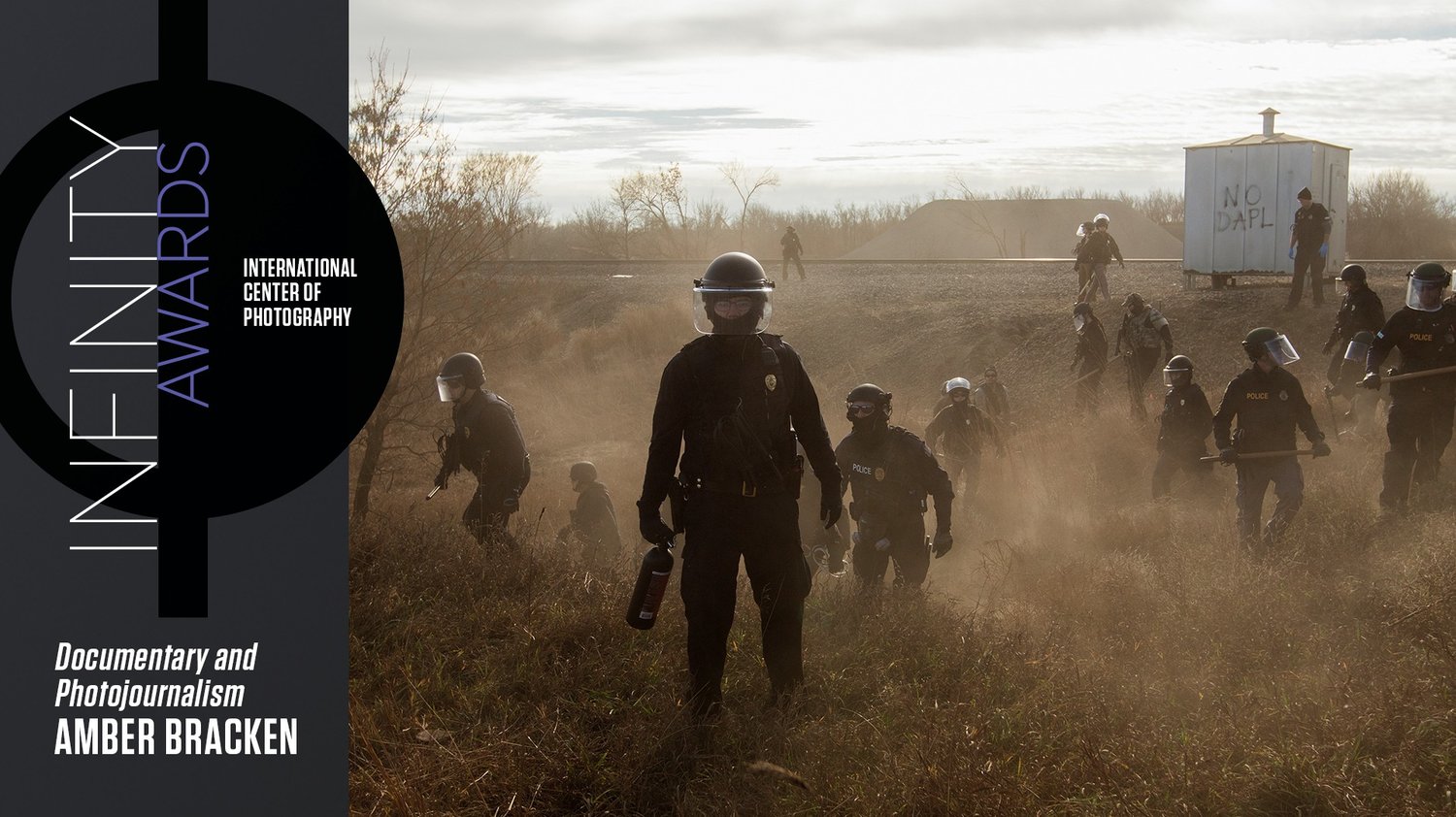
Photographer Amber Bracken recognized something deeper than a protest was afoot when hundreds of tribes gathered at the Standing Rock reservation in opposition to the Dakota Access Pipeline.
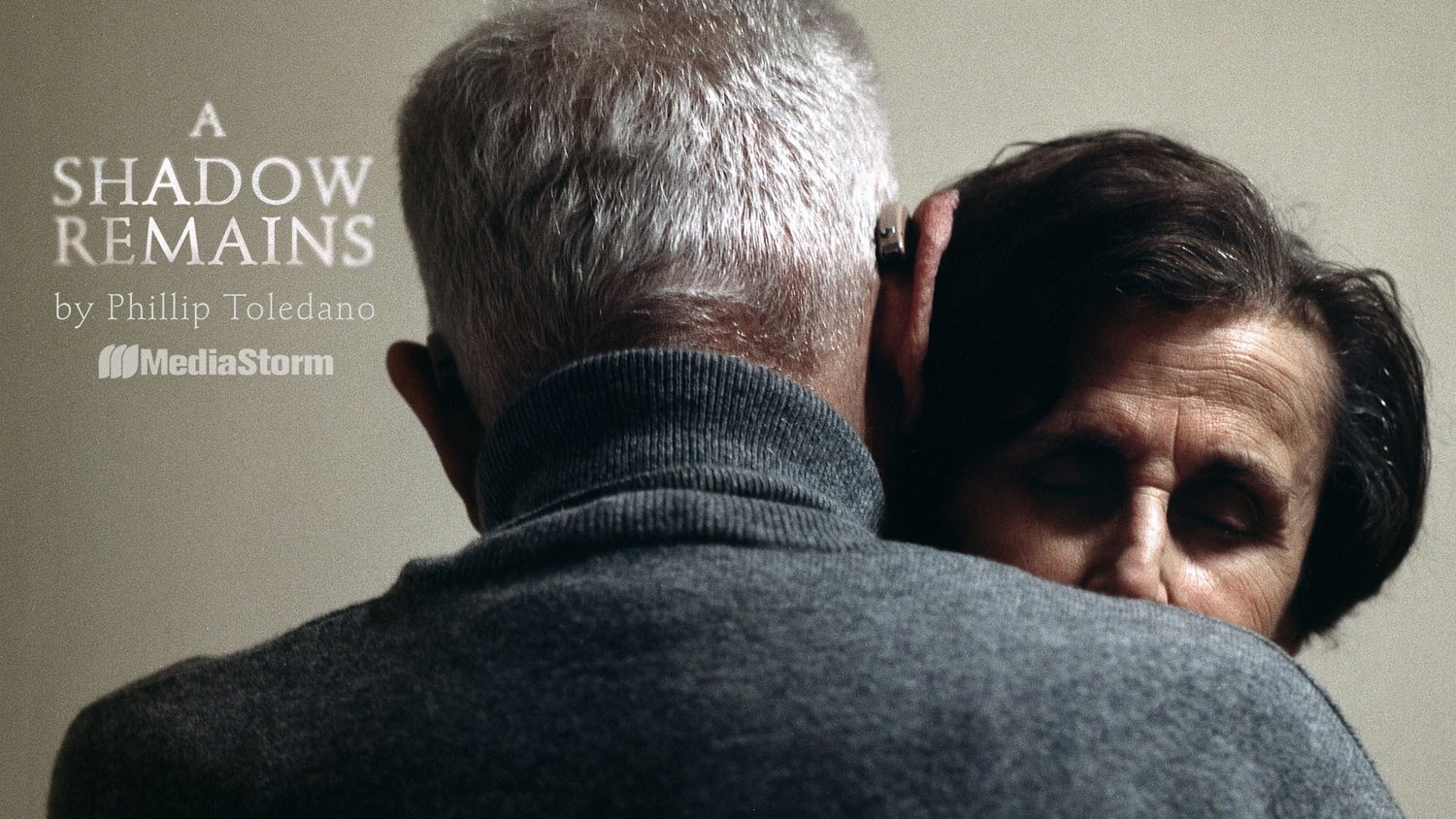
How does the death of a child change a parent? How does the death of a parent change a child? How do these moments change us as we develop and grow further away from who we were as children?
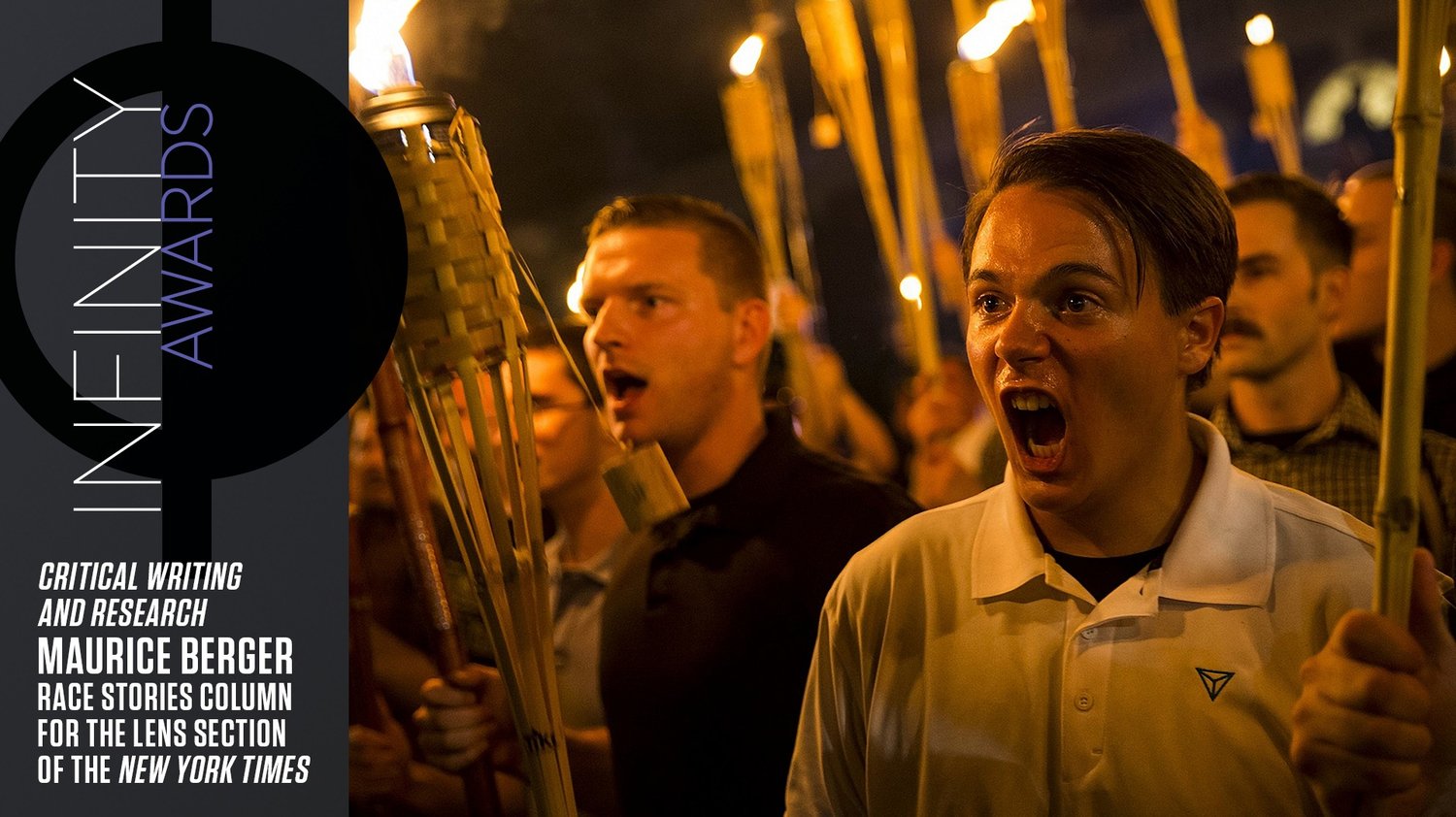
Maurice Berger–cultural historian, and columnist for the New York Times’ Race Stories–has spent his career studying and teaching racial literacy through visual literacy.
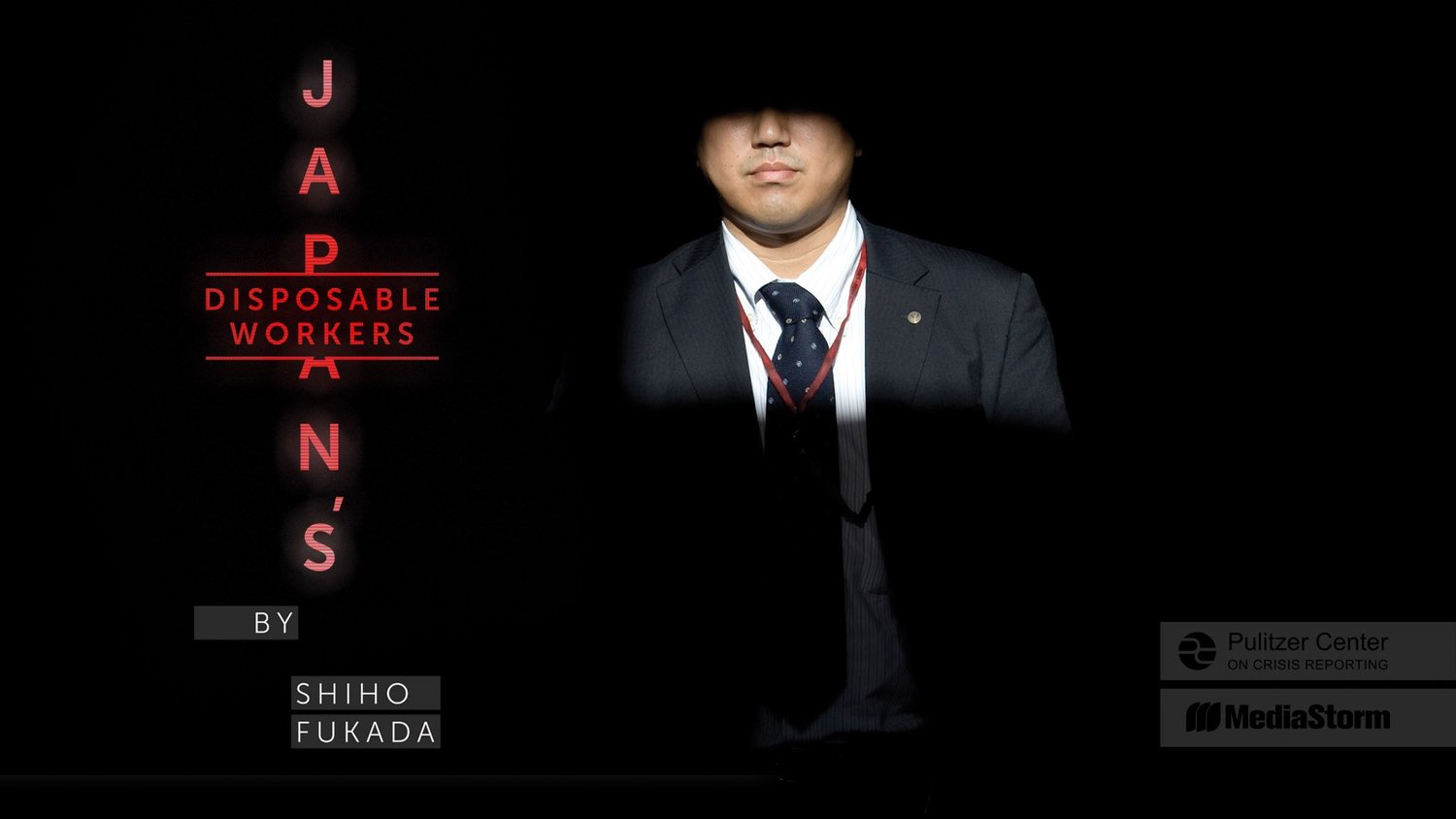
Japan’s Disposable Workers examines the country’s employment crisis: from suicide caused by overworking, to temporary workers forced by economics to live in internet cafes, and the elderly who wander a town in search of shelter and food.
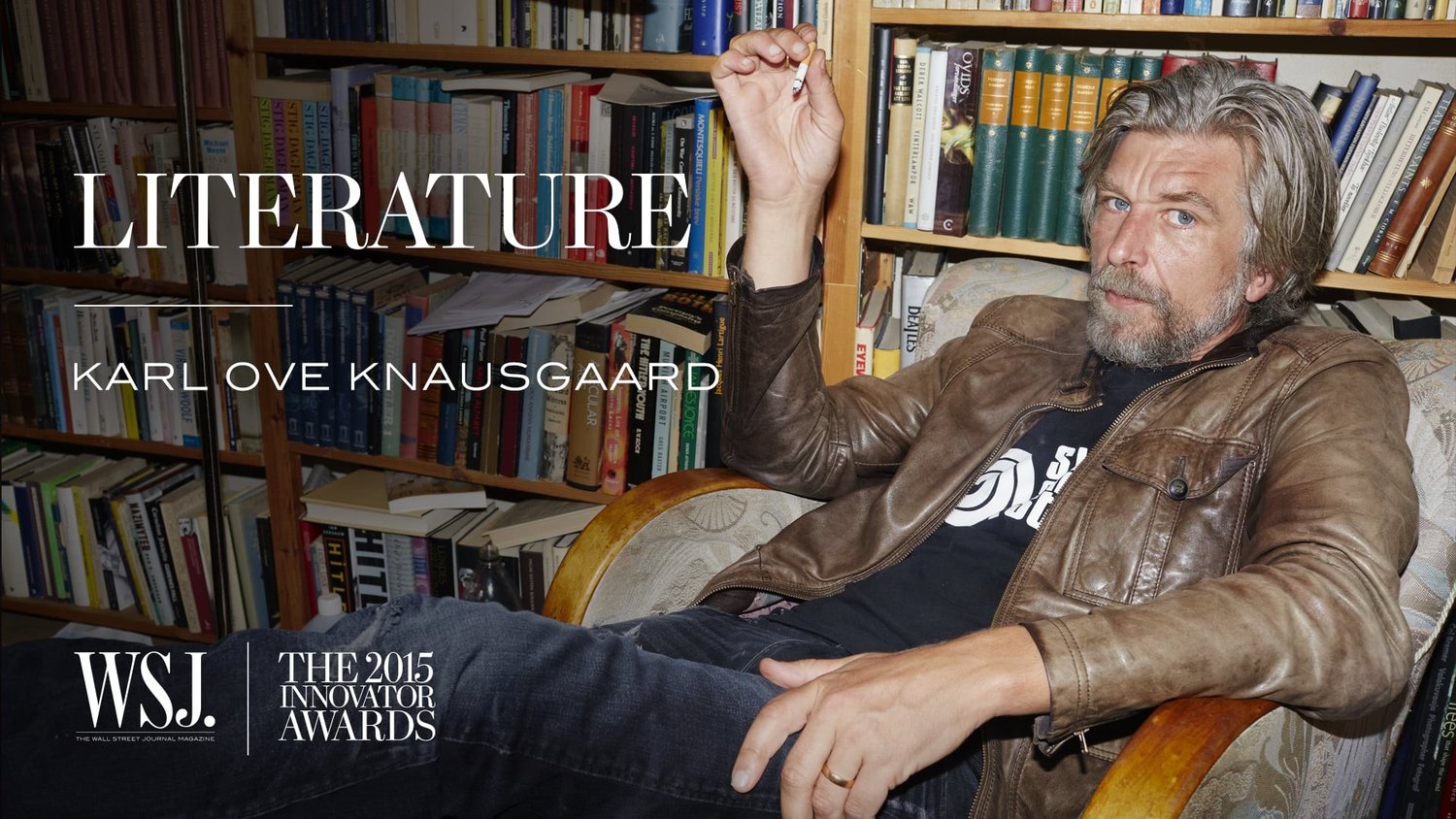
Karl Ove Knausgaard is the celebrated author of a massive six-volume autobiography. But Knausgaard remains confused by the attention. This is a portrait of a man who has achieved massive success yet still considers himself unworthy.
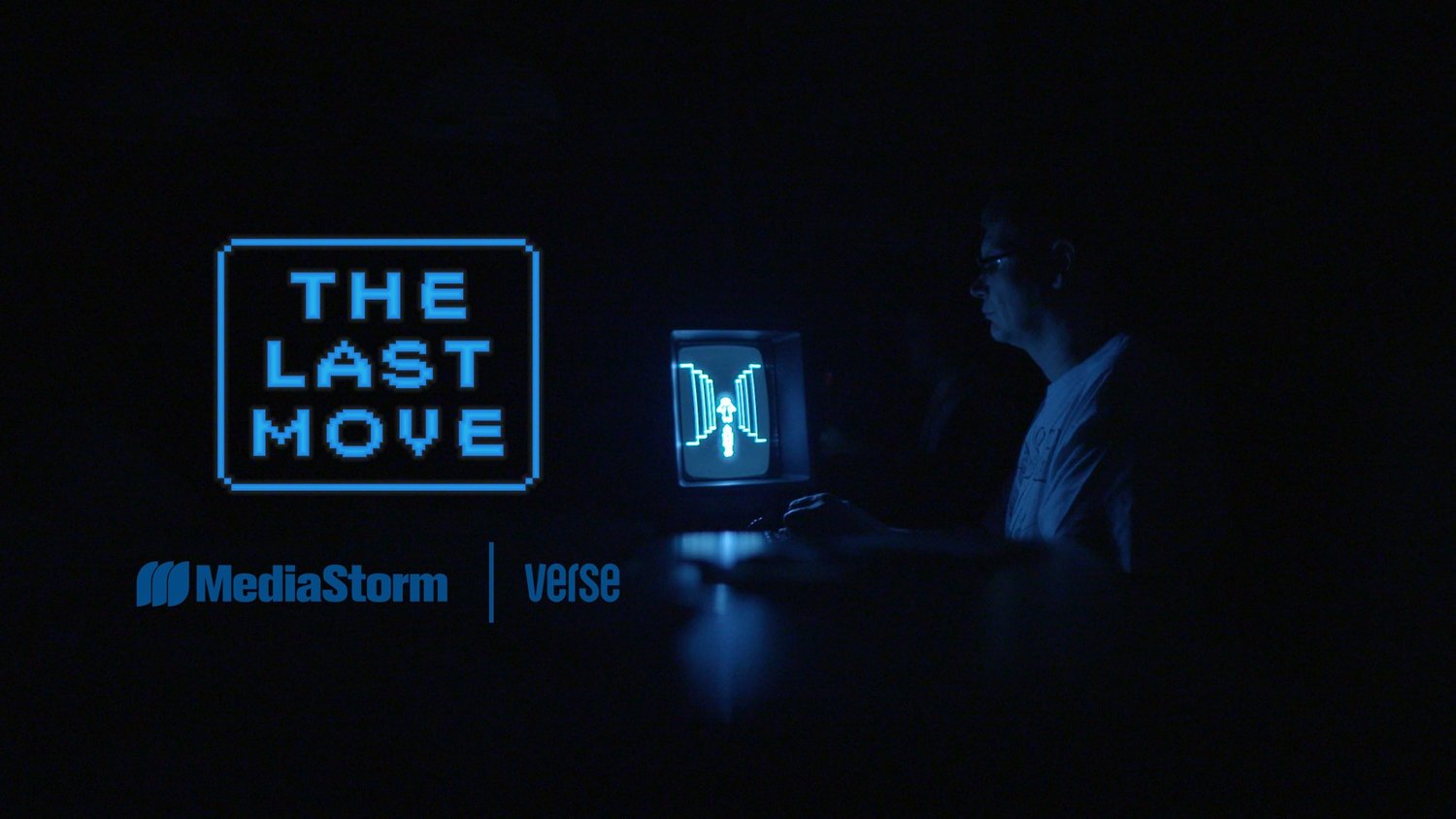
Michael Thomasson has devoted his life to video games. It’s been his passion and his obsession for more than three decades. He owns over 11,000 unique game titles for more than 100 different systems.
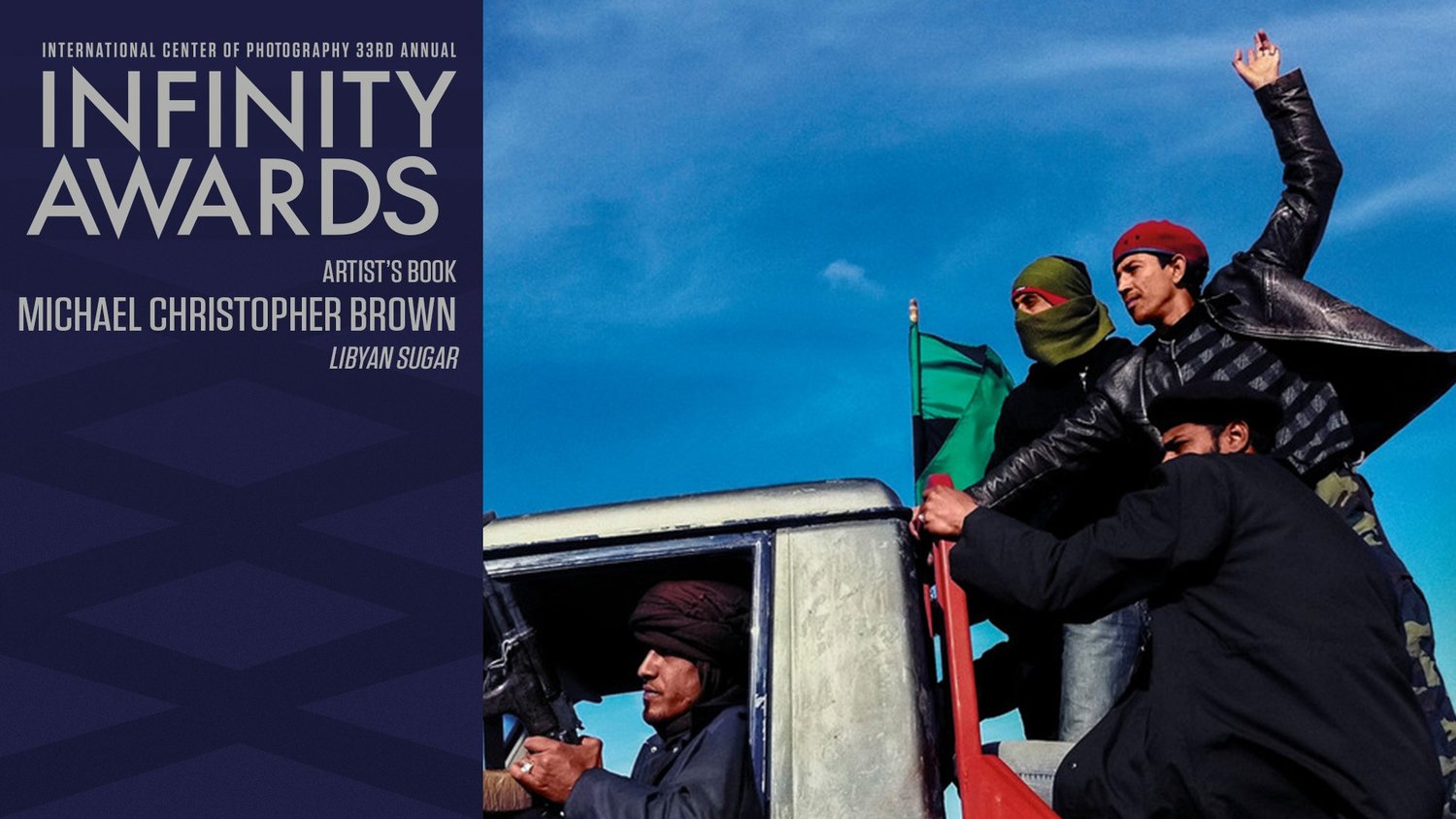
A film about Michael Christopher Brown for the 2017 ICP Infinity Awards.

The Long Night, a feature film by Tim Matsui and MediaStorm, gives voice and meaning to the crisis of minors who are forced and coerced into the American sex trade.
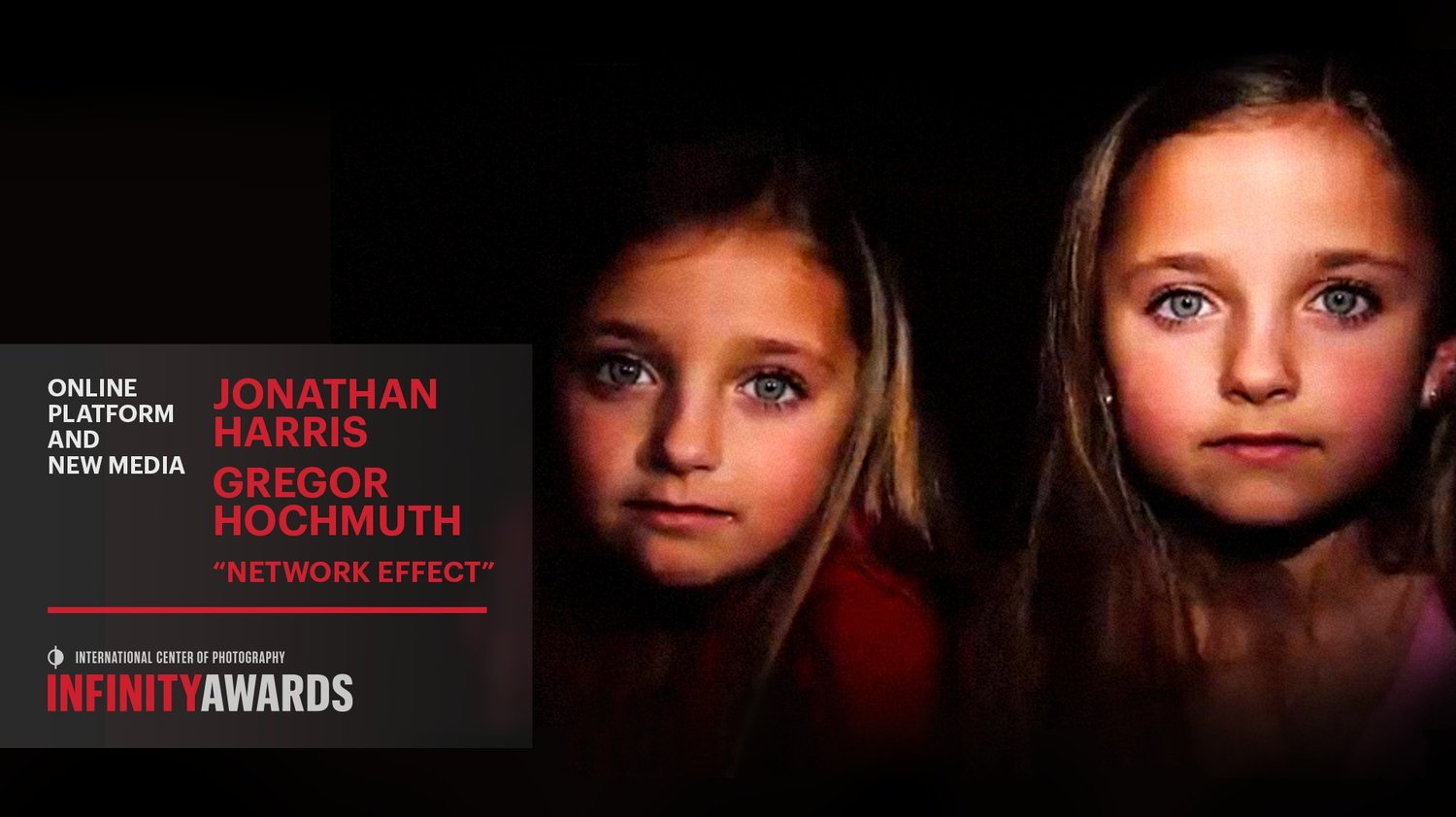
Jonathan Harris and Greg Hochmuth have a complicated relationship with the internet and have worked together to develop an artwork that explored some of the more difficult consequences of what it means to live with the internet.
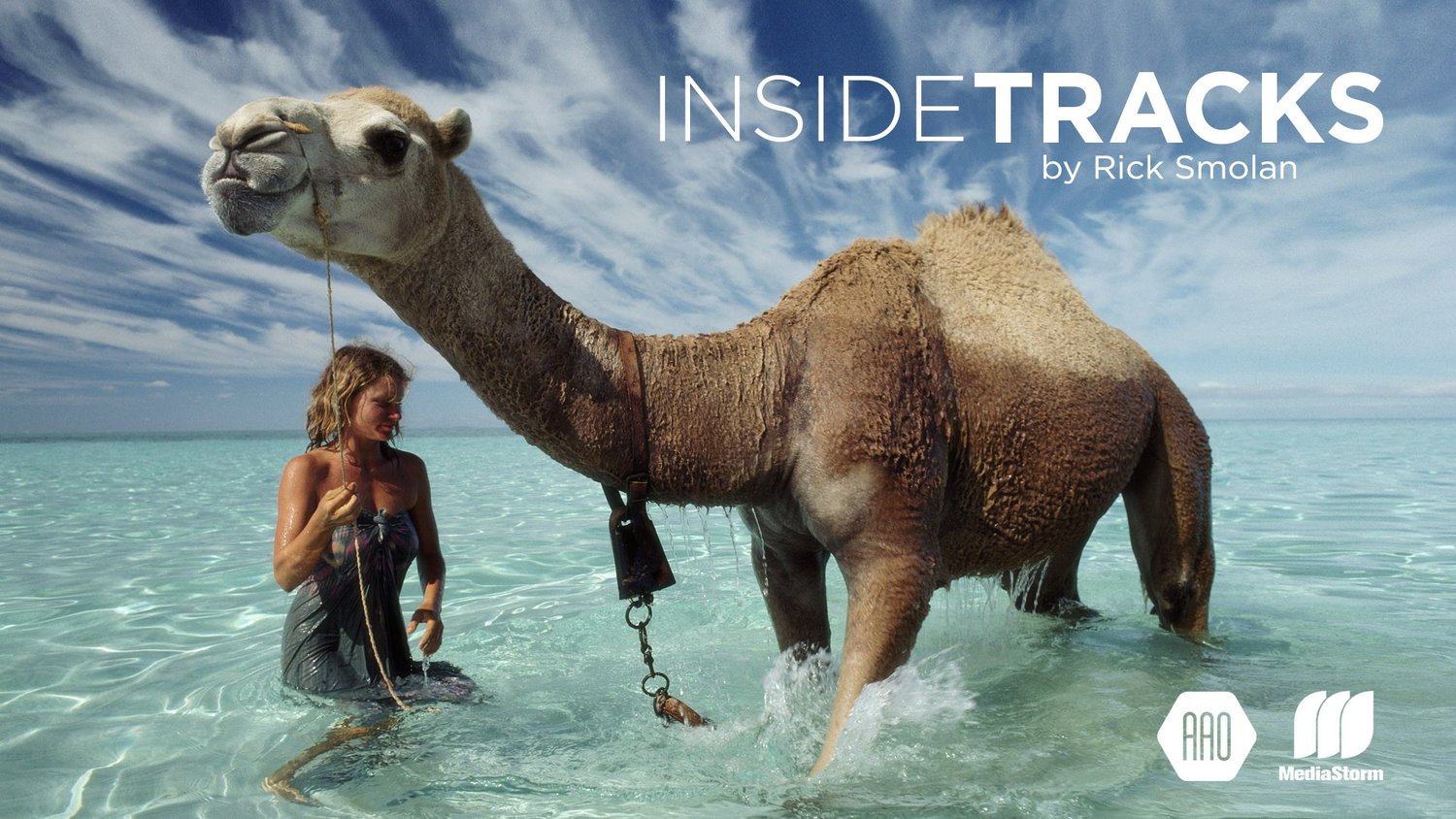
In 1977, Robyn Davidson walked 1,700 miles across the Australian outback. National Geographic sent Rick Smolan to photograph her perilous journey—a trek that tested and transformed them, forming an immutable bond that continues to this day.
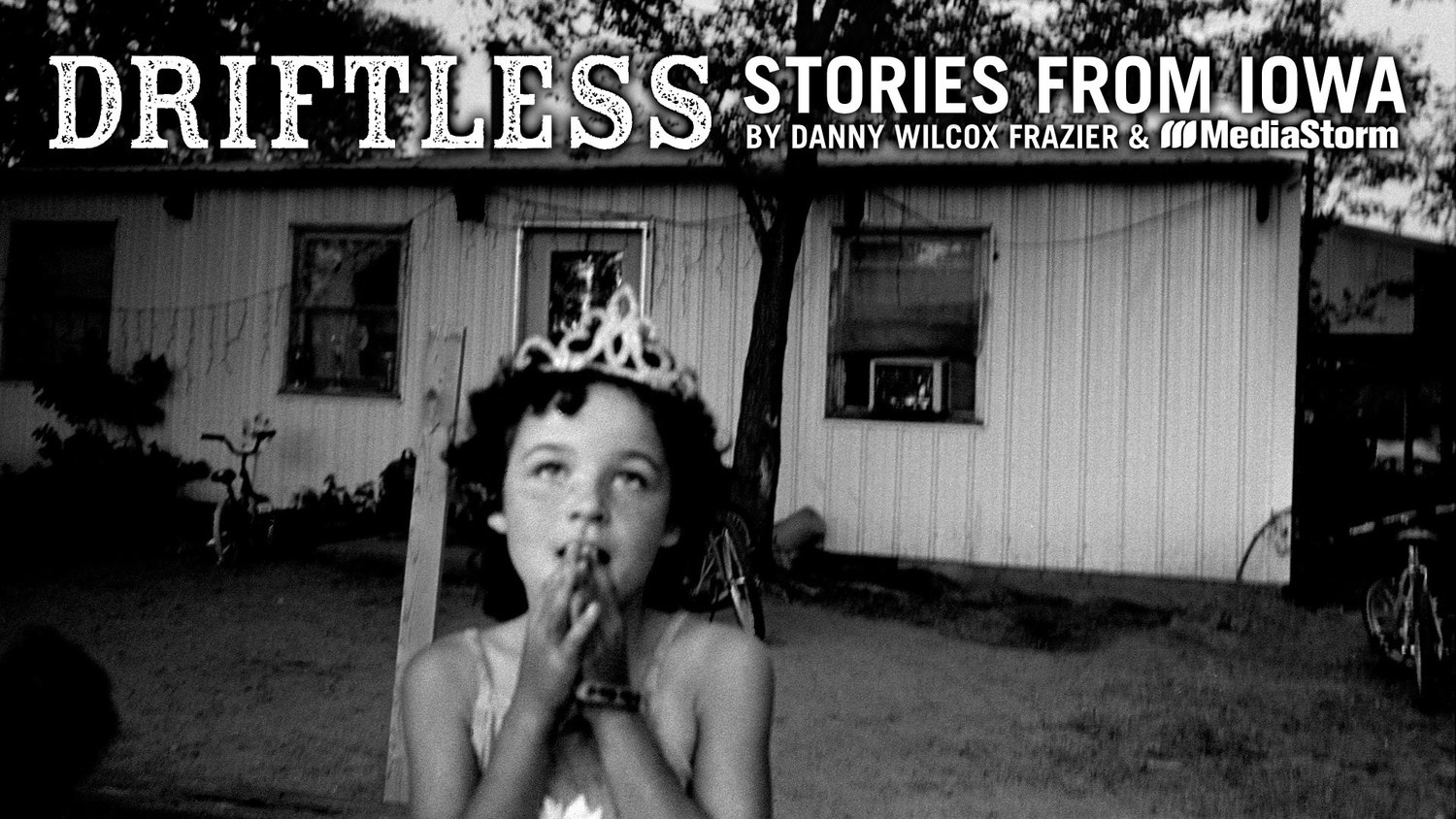
Once at the center of the U.S. economy, the family farm now drifts at its edges. In Iowa, old-time farmers try to hang on to their way of life, while their young push out to find their futures elsewhere. Driftless tells their stories.
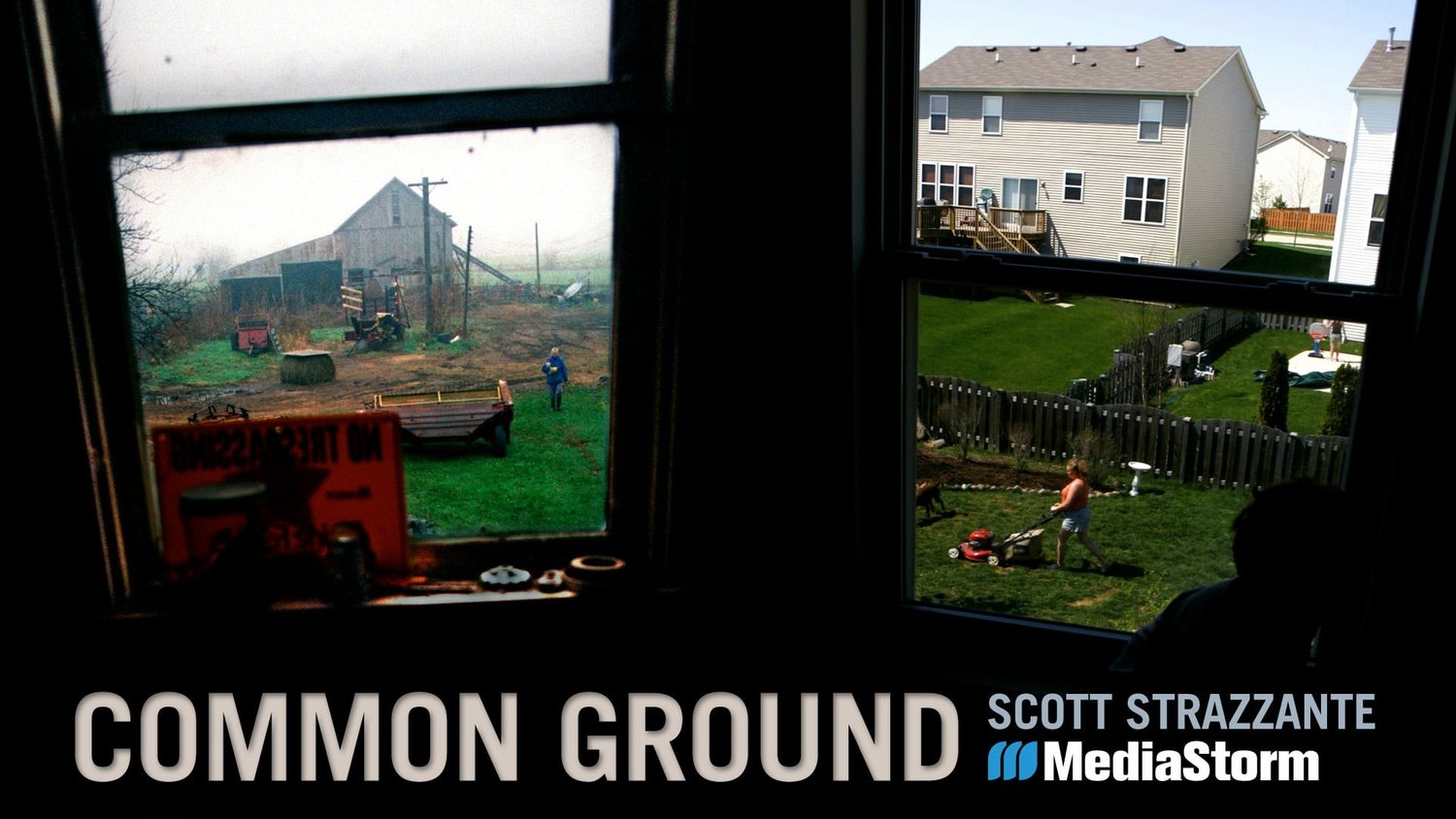
The American family farm gives way to a subdivision - a critical cultural shift across the U.S. Common Ground is a 27-year document of this transition, through the Cagwins and the Grabenhofers, two families who love the same plot of land.
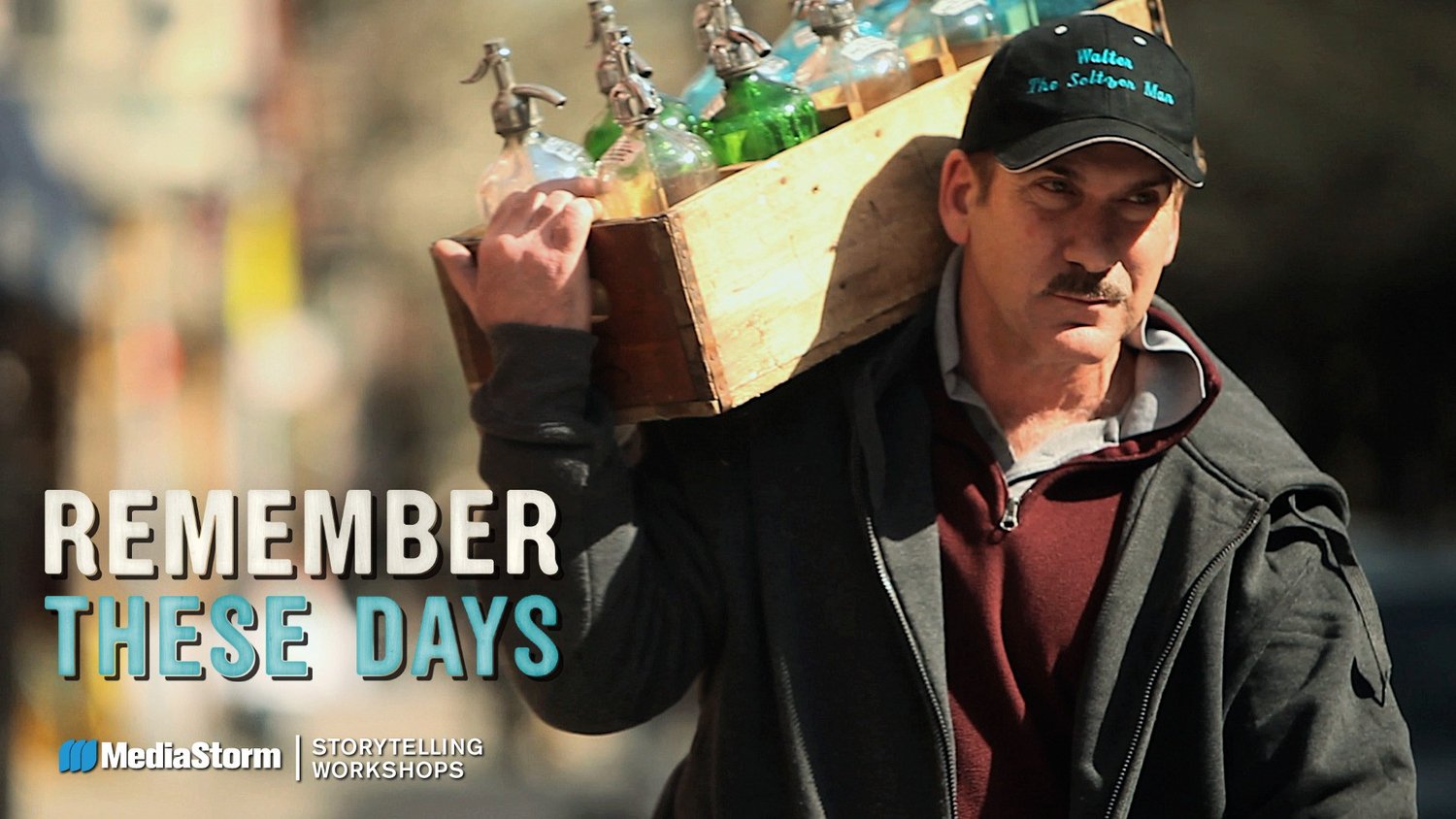
For Walter Backerman, seltzer is more than a drink. It’s the embodiment of his family. As a third generation seltzer man, he follows the same route as his grandfather. But after 90 years of business, Walter may be the last seltzer man.
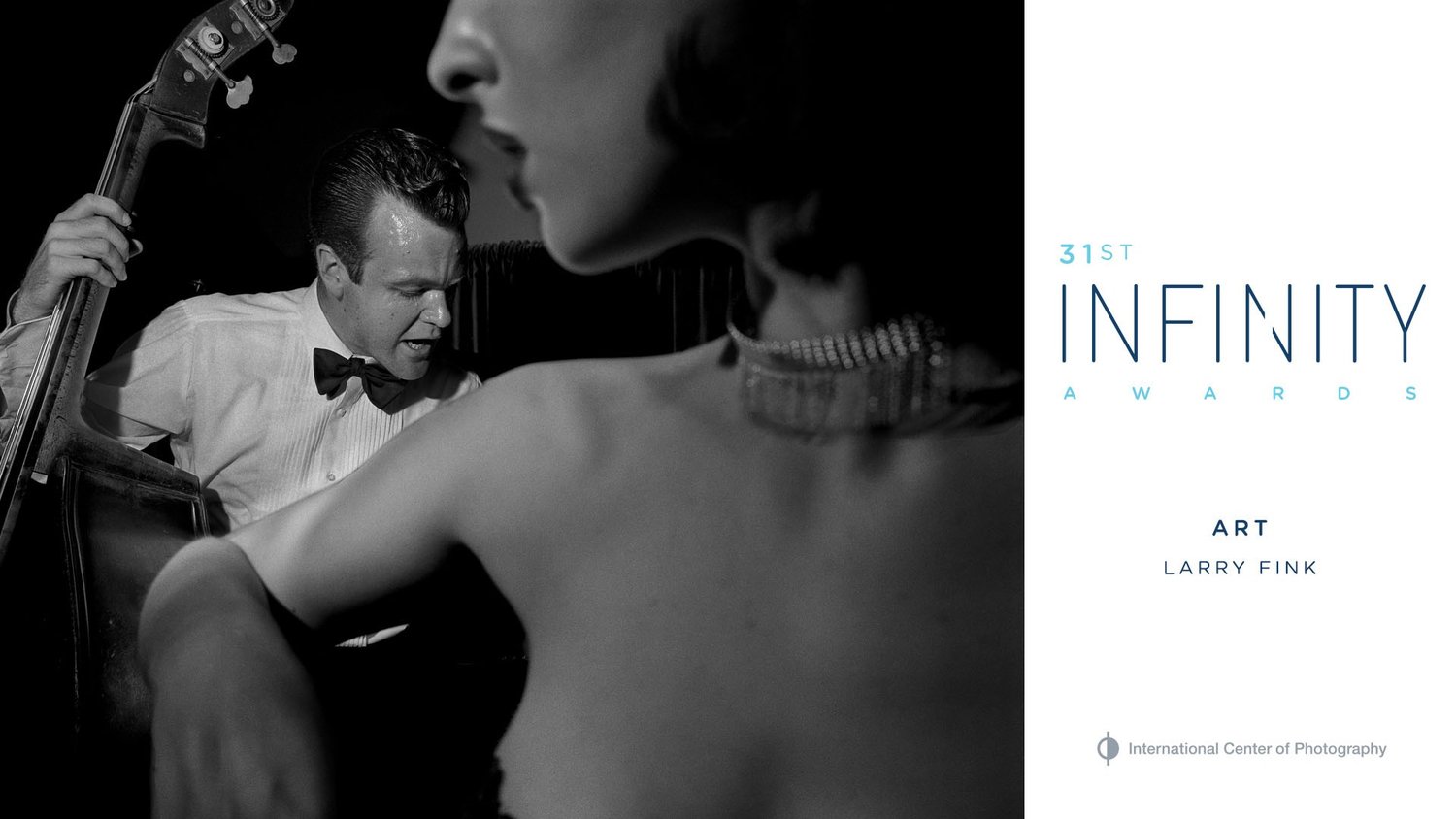
Larry Fink has spent over 40 years photographing jazz musicians, wealthy manhattanites, his neighbors, fashion models, and the celebrity elite. His archive is a thoughtful collection of American history, and Fink’s experience of it.
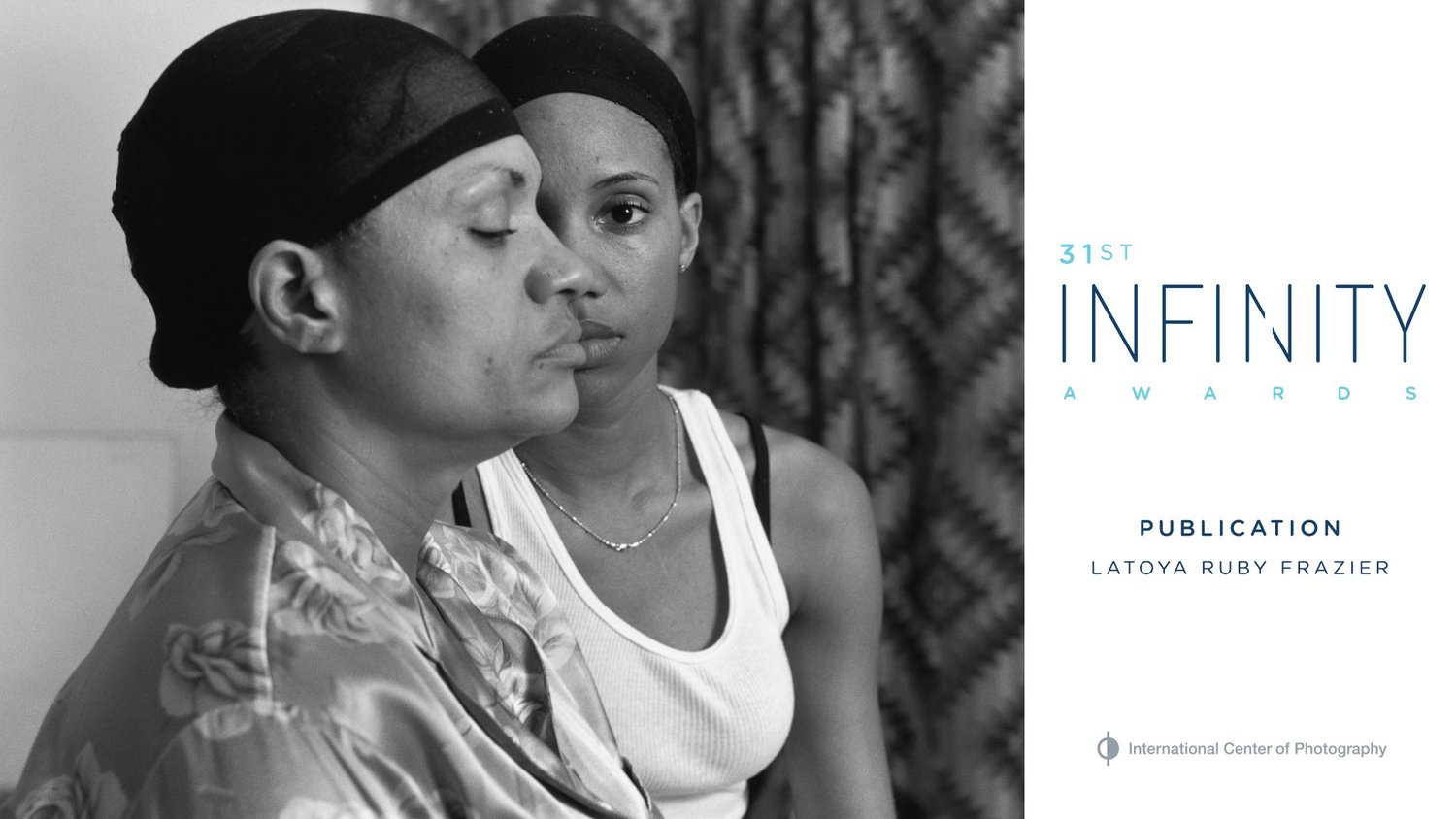
LaToya Ruby Frazier’s body of work “The Notion of Family” examines the impact of the steel industry and the health care system on the community and her family. Collaborating with her mother and grandmother, she uses her family as a lens to view the past, present and future of the town.
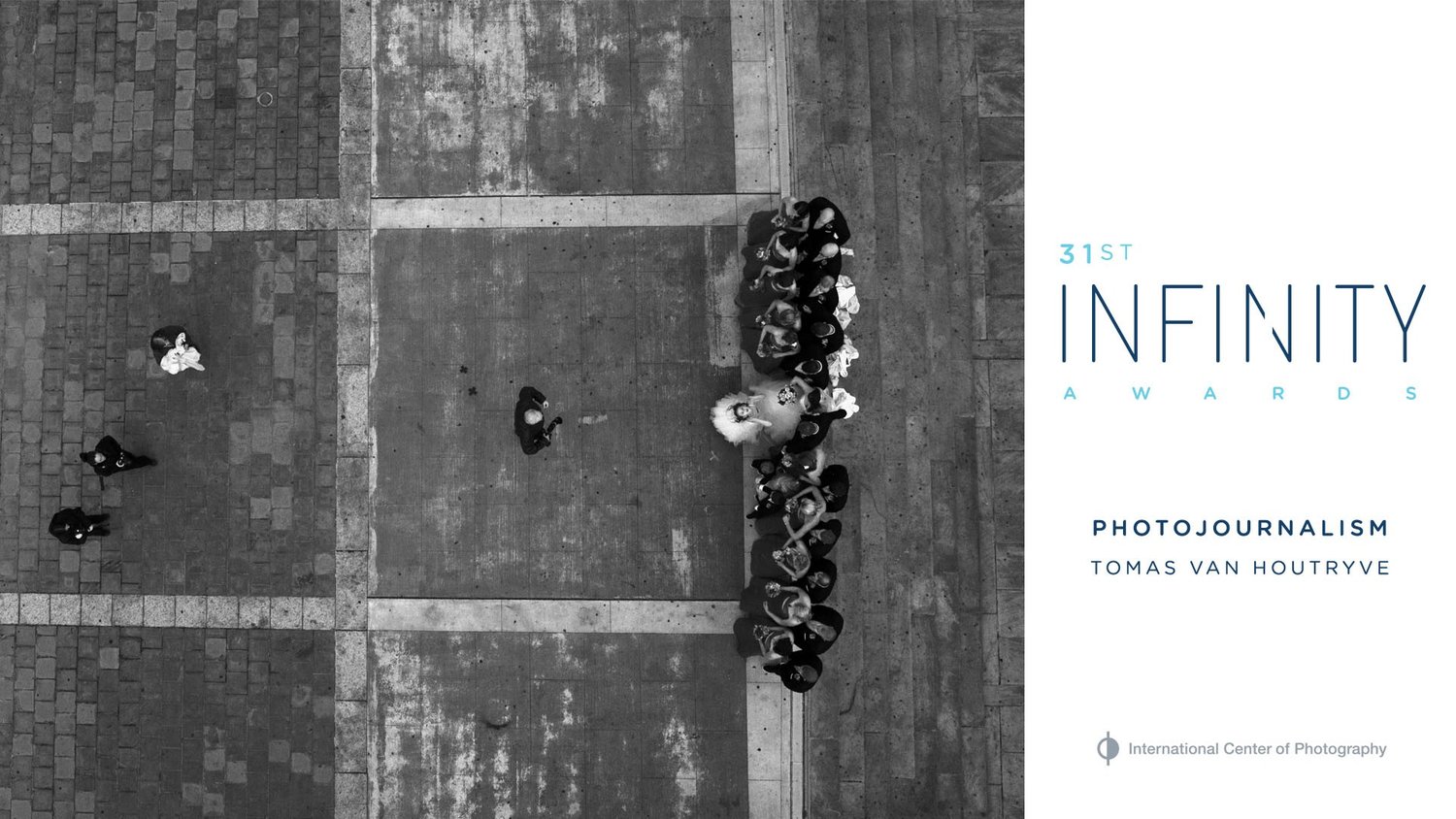
Tomas Van Houtryve wants there to be a permanent visual record of the dawn of the drone age, the period in American history when America started outsourcing their military to flying robots. In order to create this record, Van Houtryve sent his own drone into American skies.
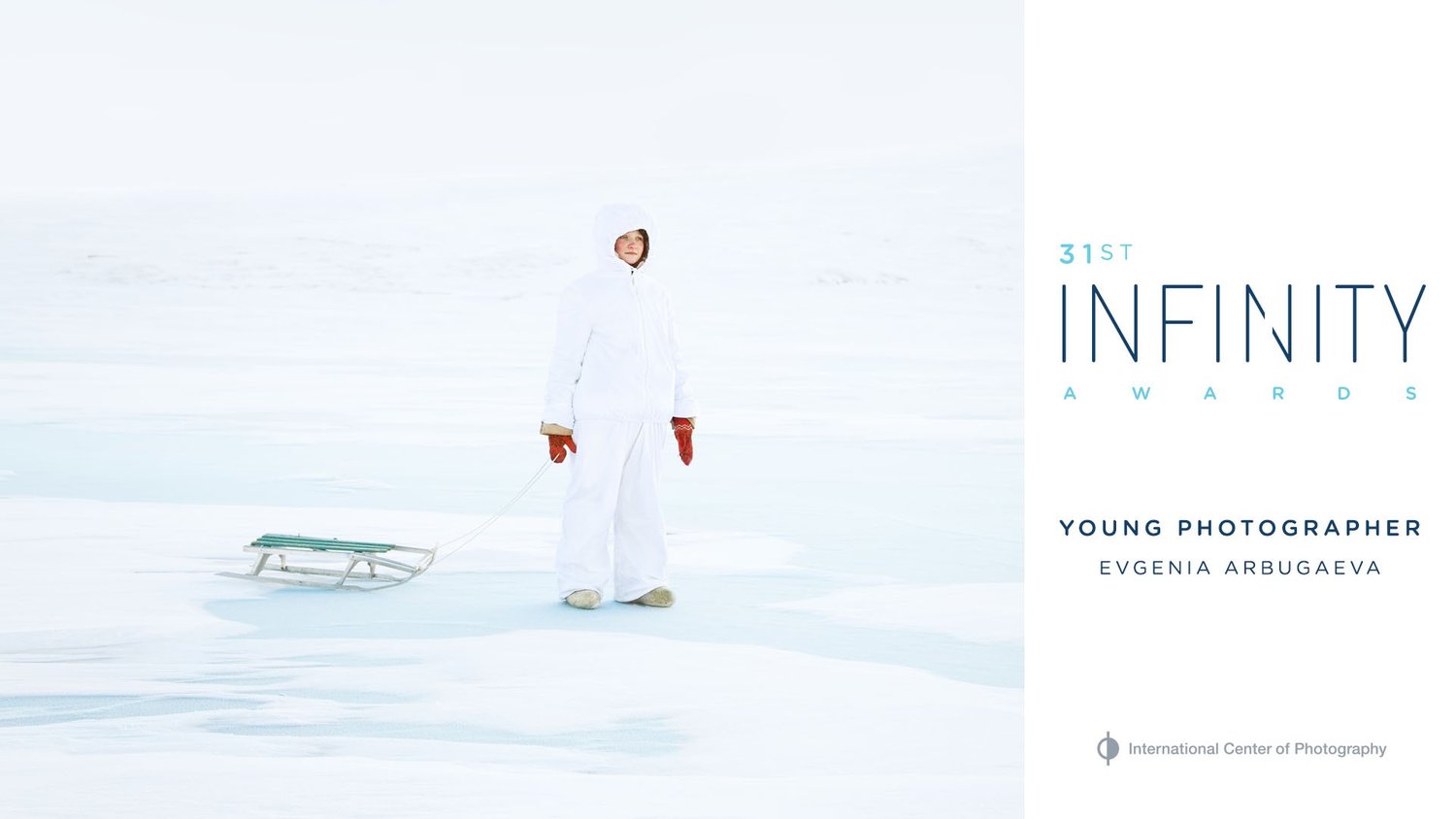
Evgenia Arbugaeva was born in the magical town of Tiksi, Russia. This barren, arctic landscape influenced Arbugaeva in almost every aspect of her dreamlike photography.
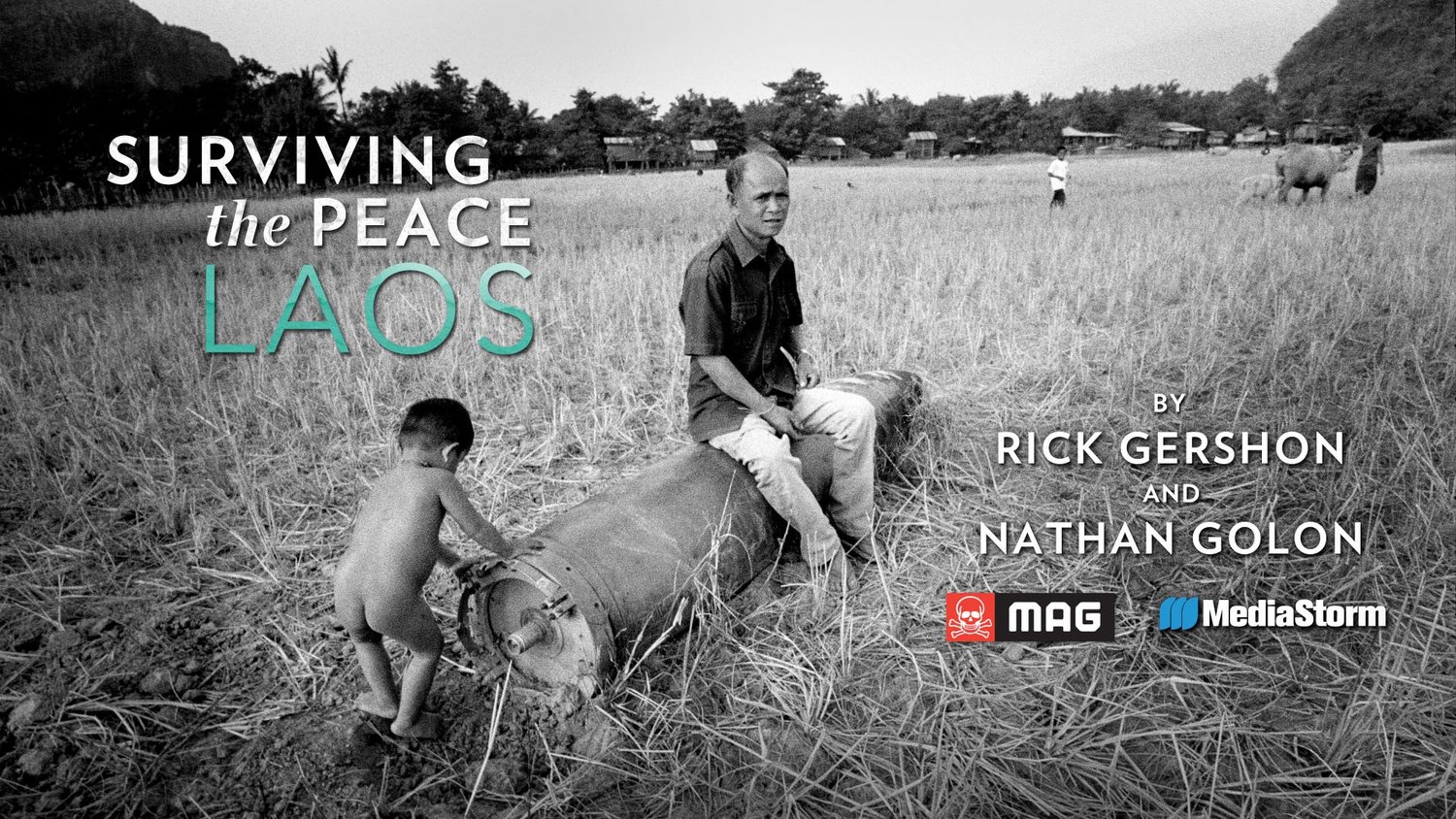
Surviving the Peace: Laos takes an intimate look at the impact of unexploded bombs left over from the Vietnam war in Laos and profiles the dangerous, yet life saving work, that MAG has undertaken in the country.
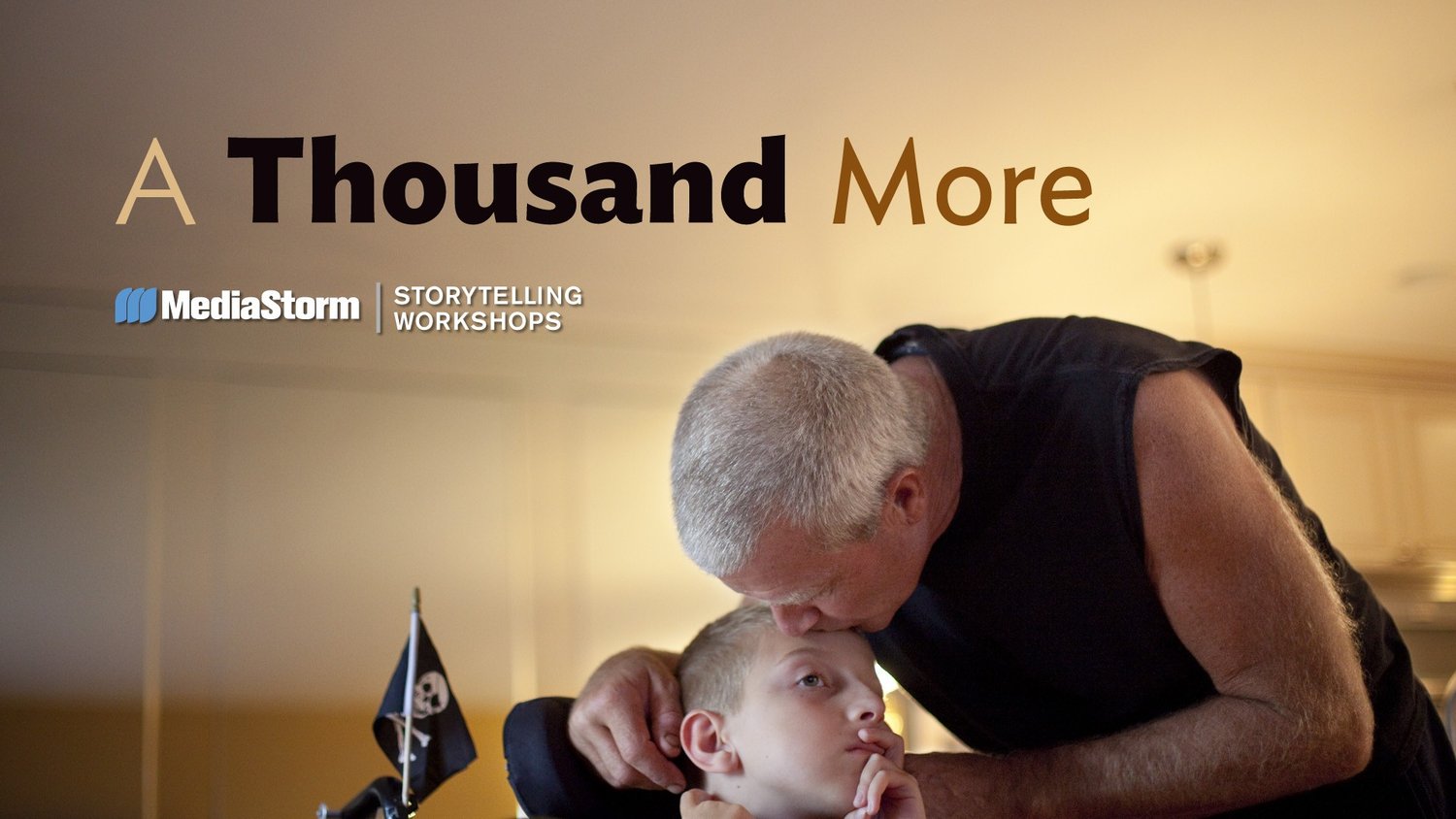
A family is determined to give their disabled son a whole and vital life. In the midst of a great burden, one small child – with a seemingly endless supply of love – is the blessing that holds a family together.
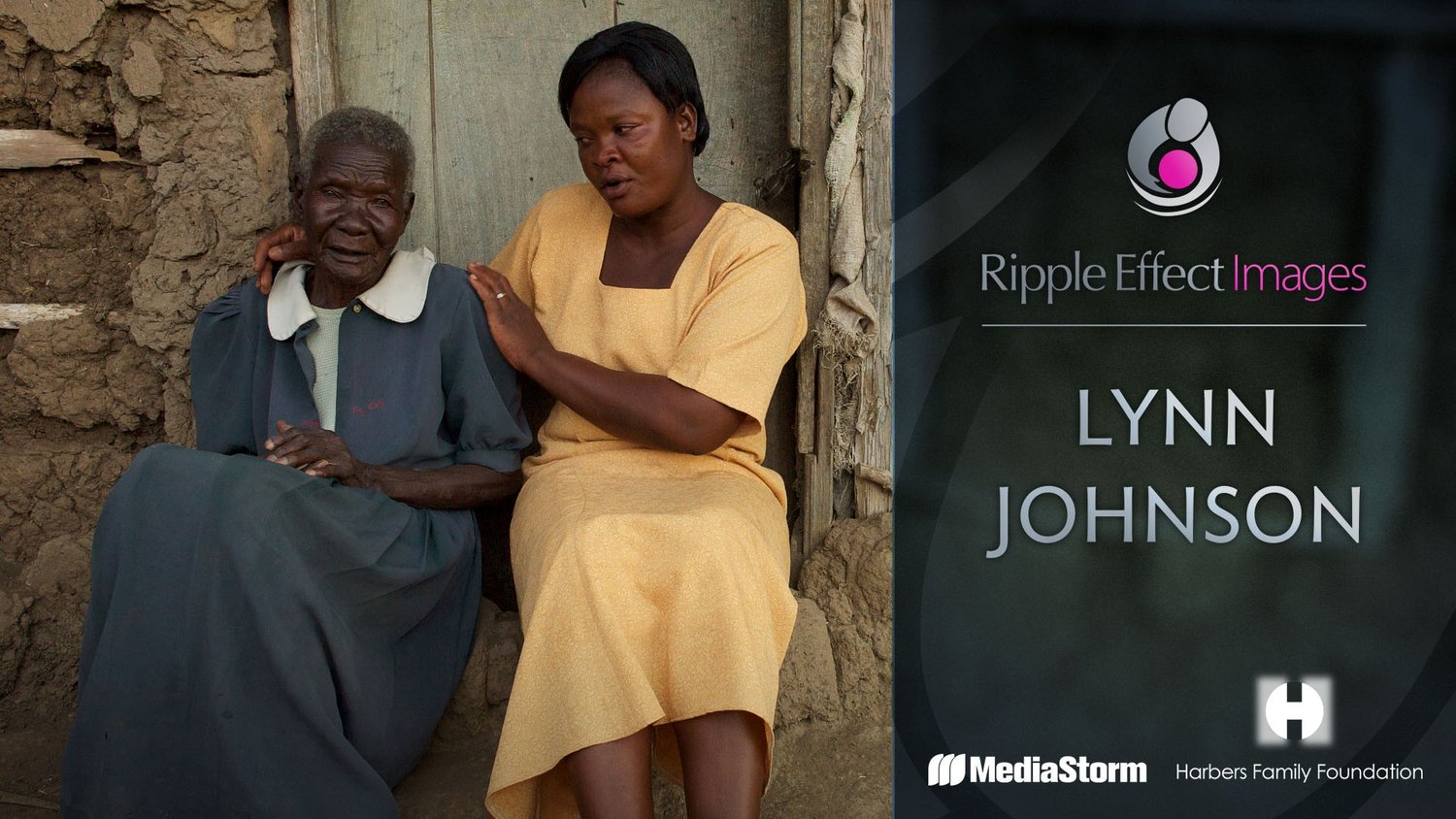
Inspired by the photographs of the Farm Security Administration growing up, Lynn Johnson has spent nearly 35 years as a photojournalist working for LIFE, National Geographic, Sports Illustrated and various foundations.
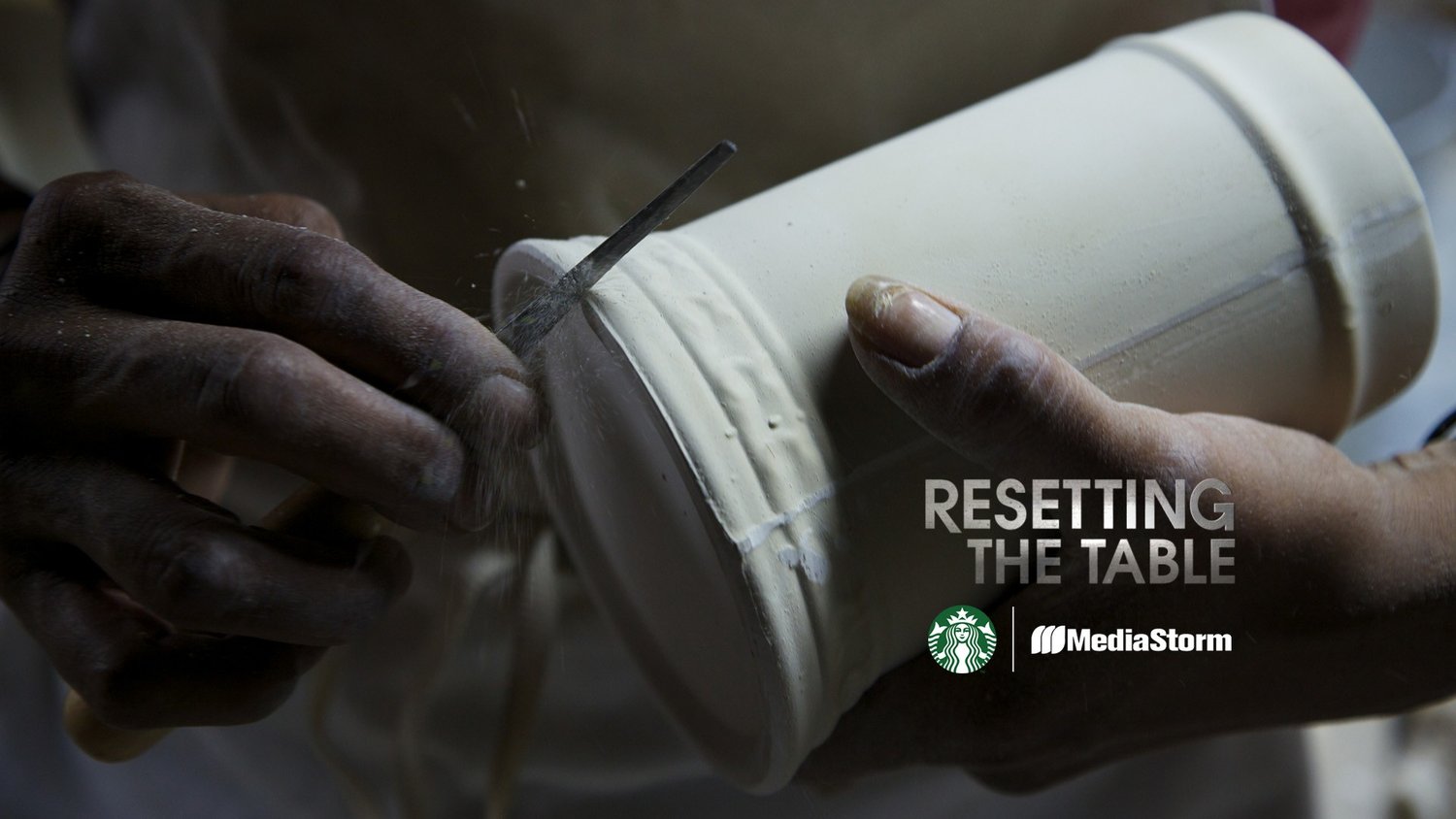
Resetting the Table takes a unique, personal look at the impact Starbucks’ Create Jobs for USA program has had on the American Mug & Stein pottery facility in East Liverpool, Ohio.
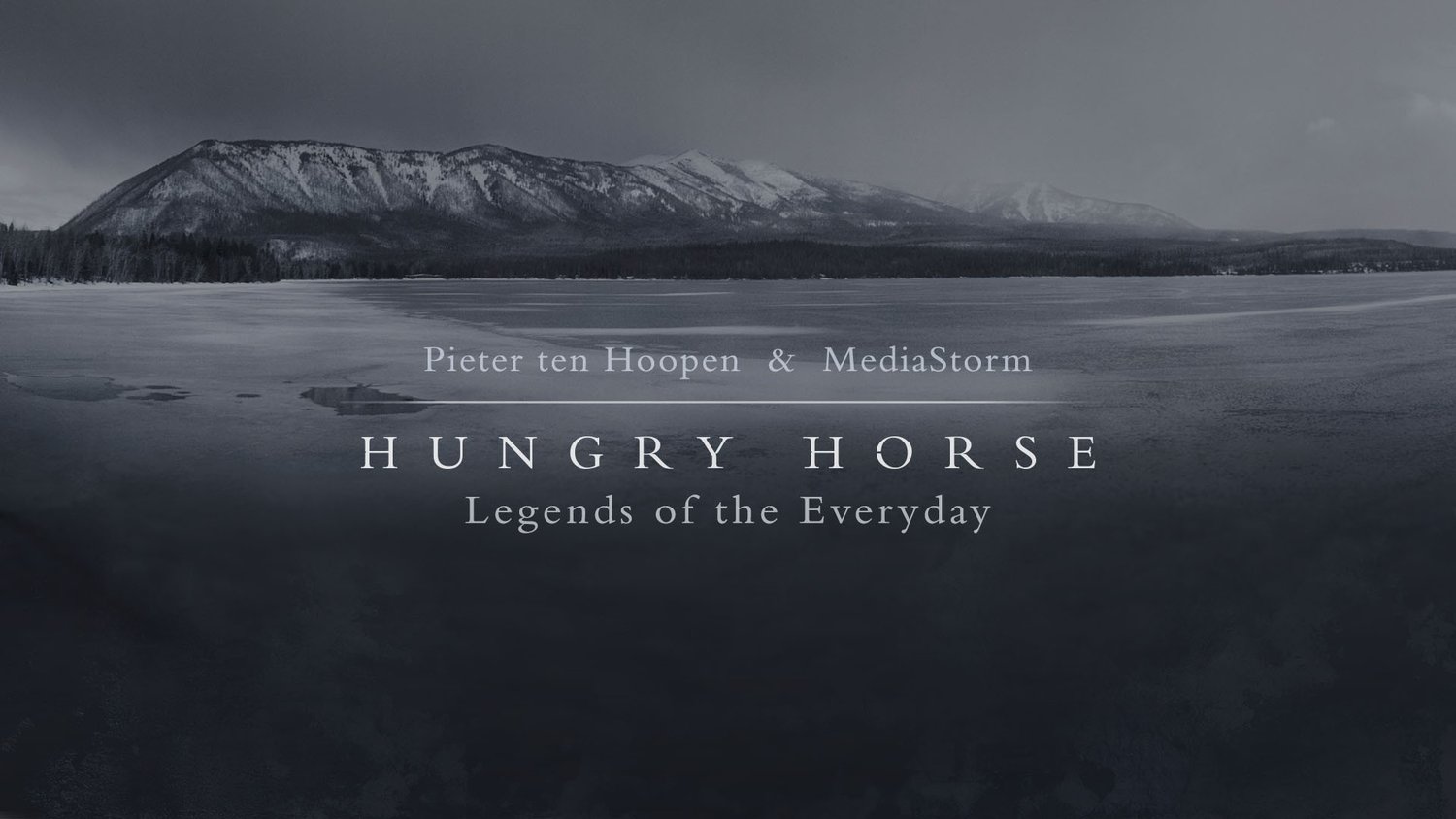
Hungry Horse captures the spirit of renewal, peace and serenity through stunning landscapes and intimate oral histories.
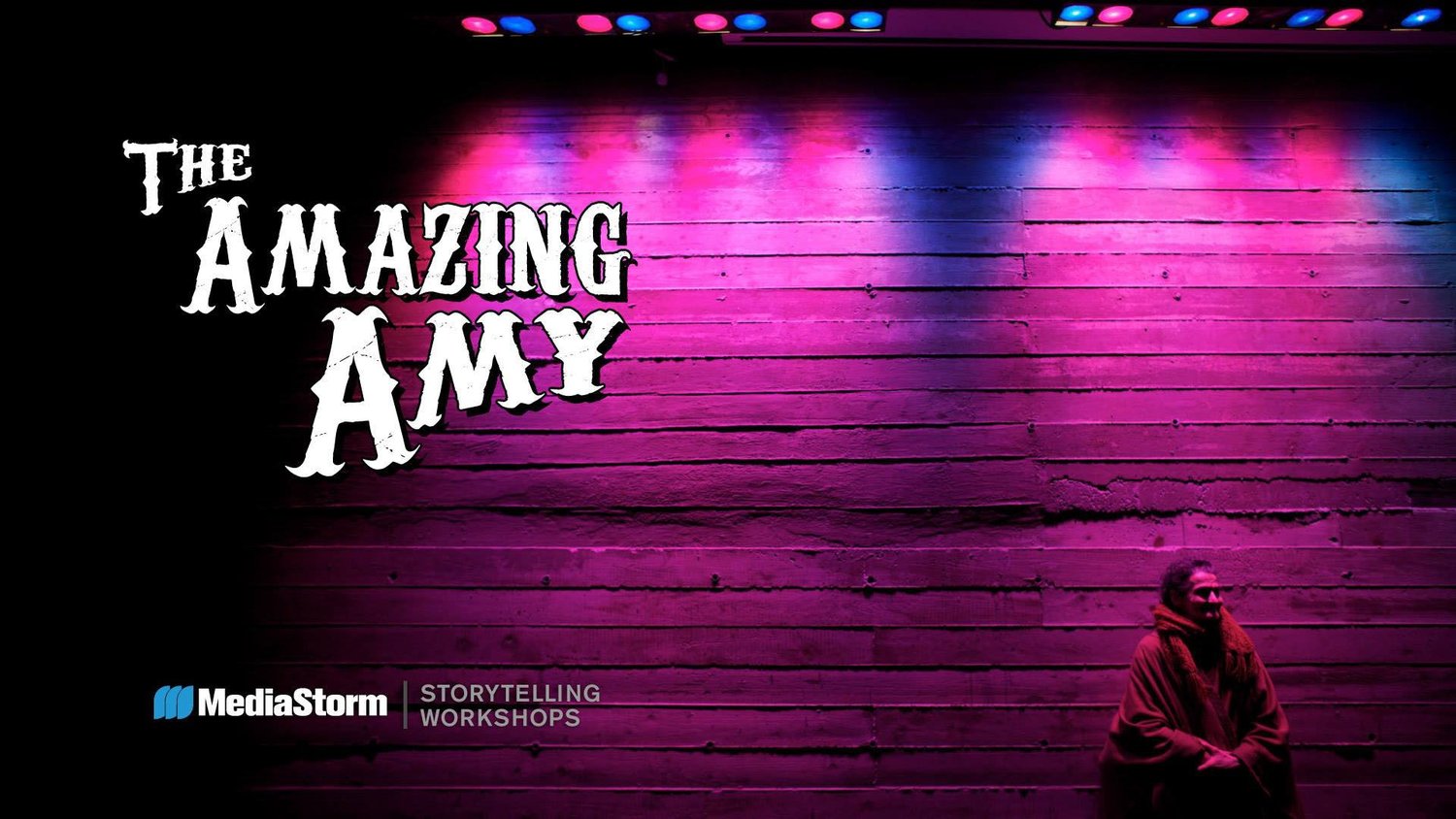
Using humor and a love of fantasy, "The Amazing Amy" Harlib connects with audiences through performing strenuous yoga-based contortion acts in New York City.
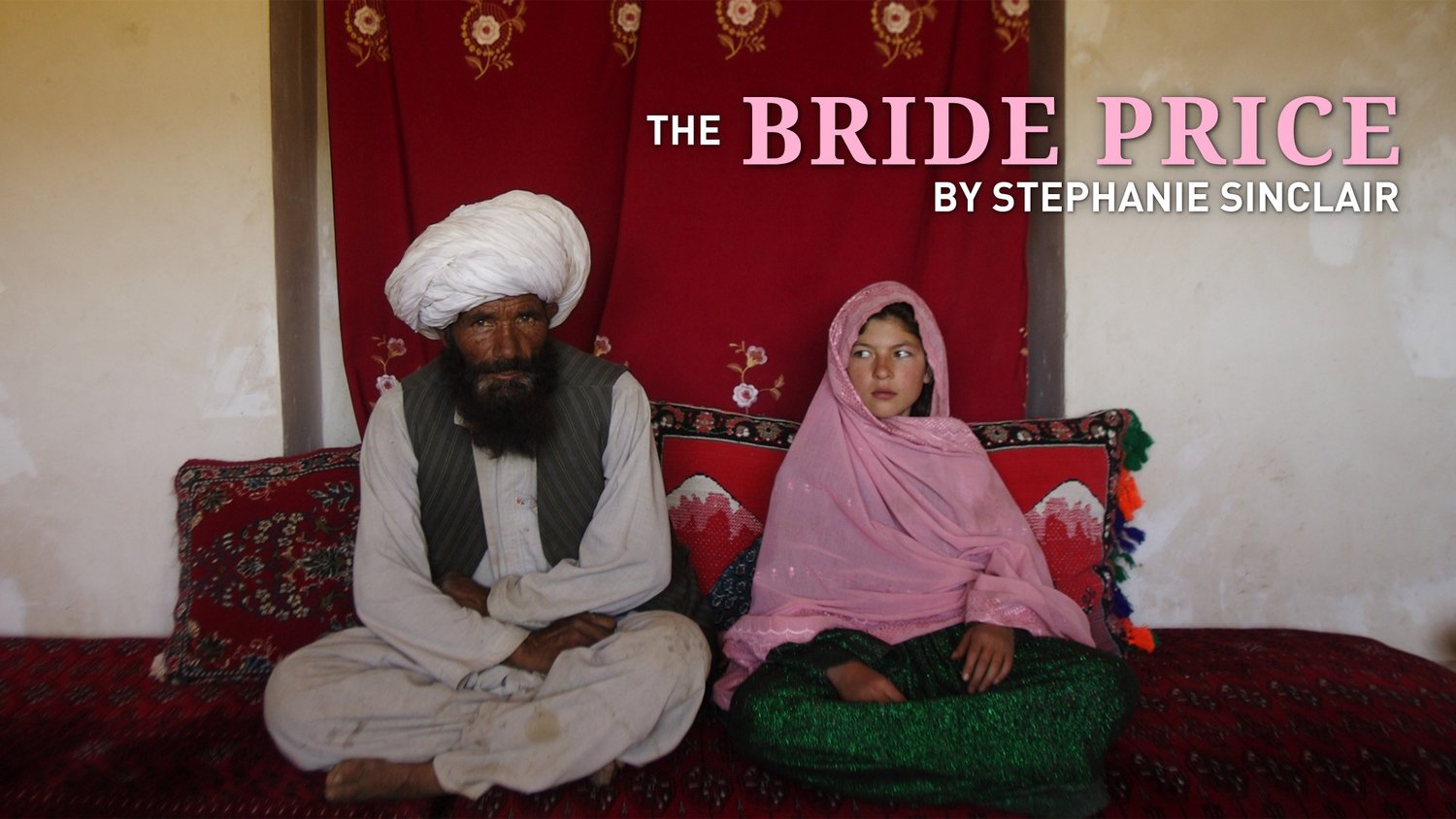
In many countries, girls as young as eight are forced into marriage by their families, culture and economic situation. This practice destroys their chance at education leading to tragic results.
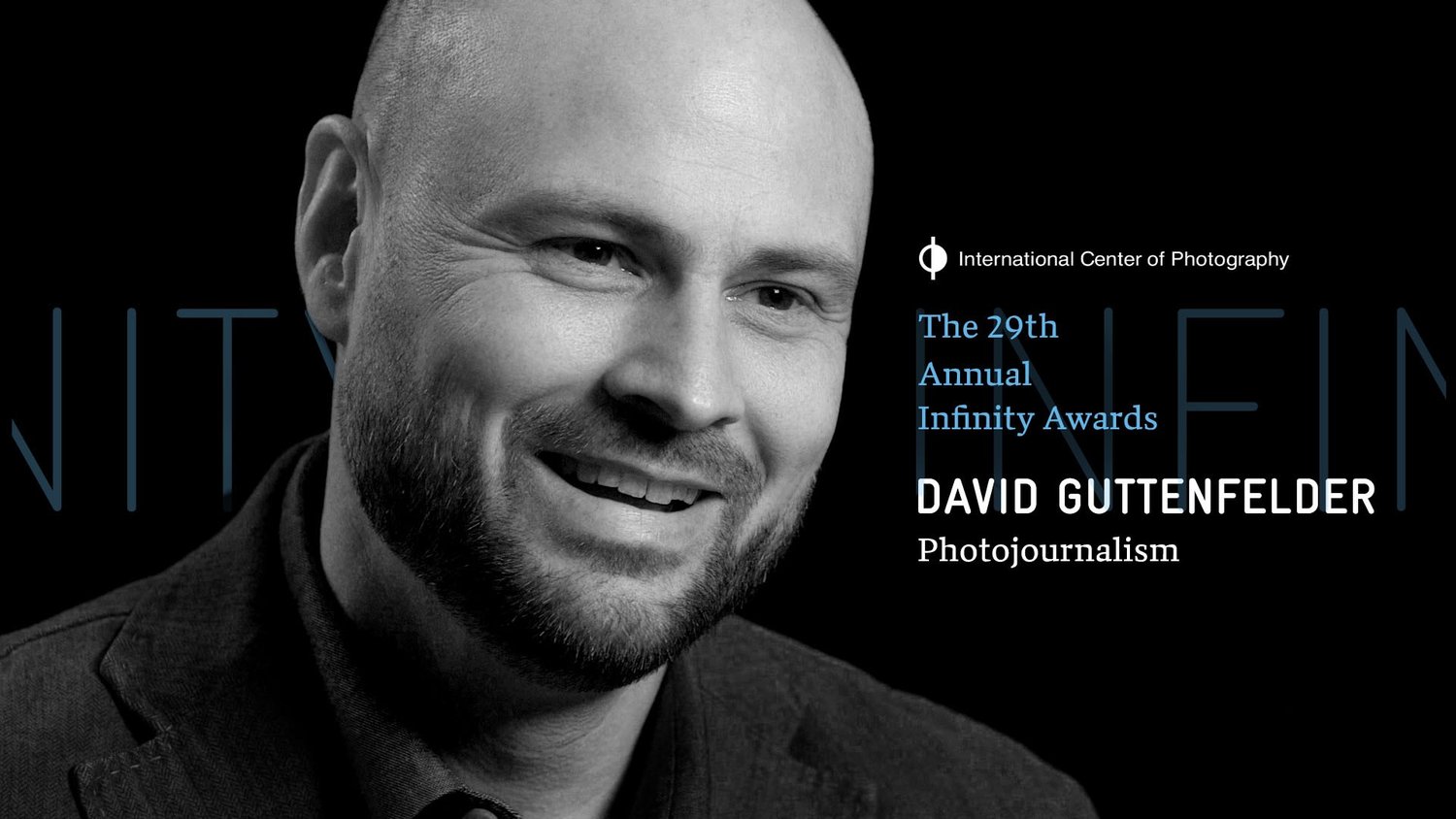
Surreal and mysterious, North Korea was a black hole to outsiders wanting a glimpse of the country. That all changed in 2012, when AP photographer David Guttenfelder led the opening of the bureau's newest office inside the North Korea.
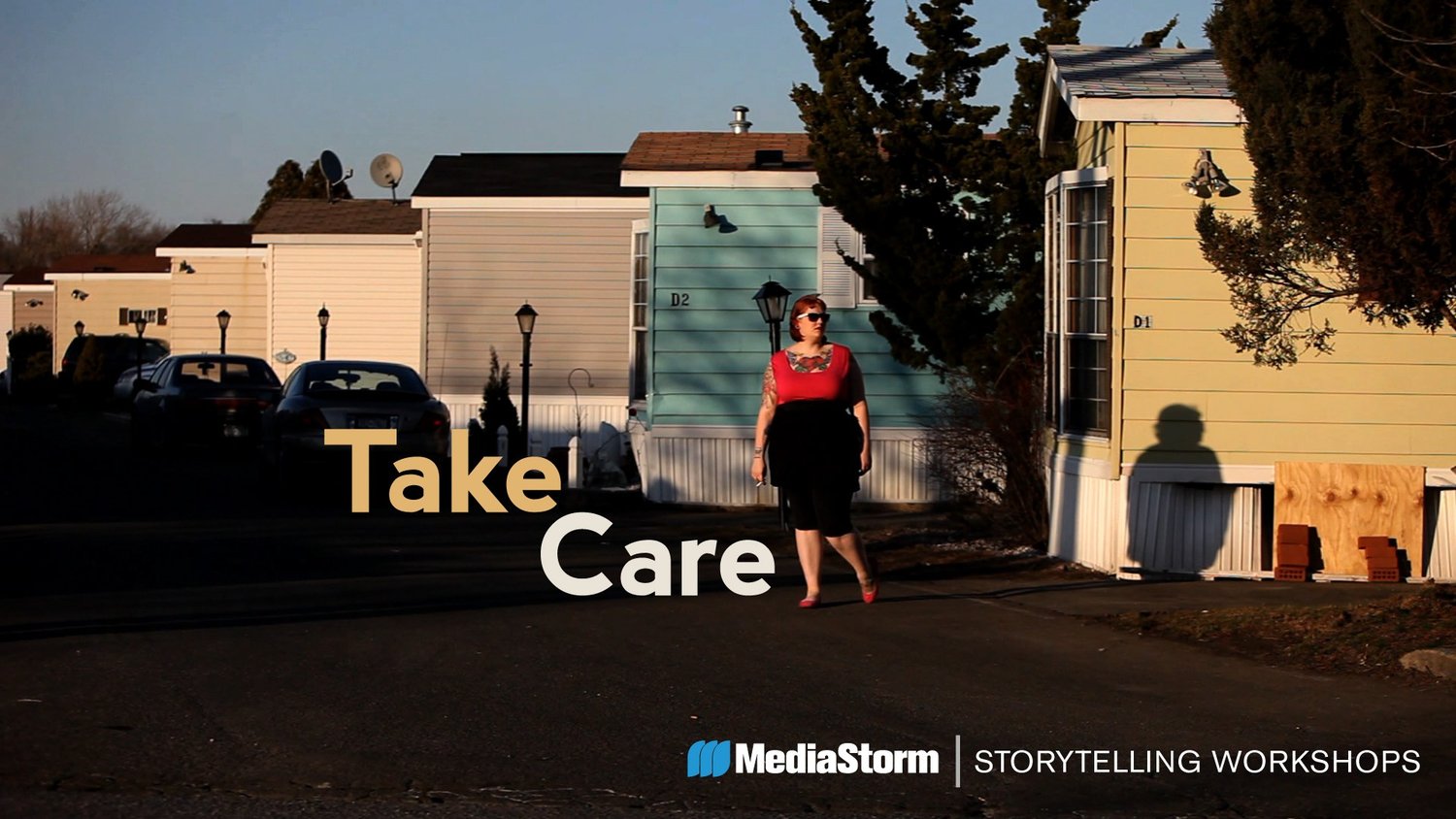
Virginia Gandee's brilliant red hair and dozen tattoos belie the reality of this 22-year-old's life. Inside her family's Staten Island trailer her caregiving goes far beyond the love she has for her daughter.
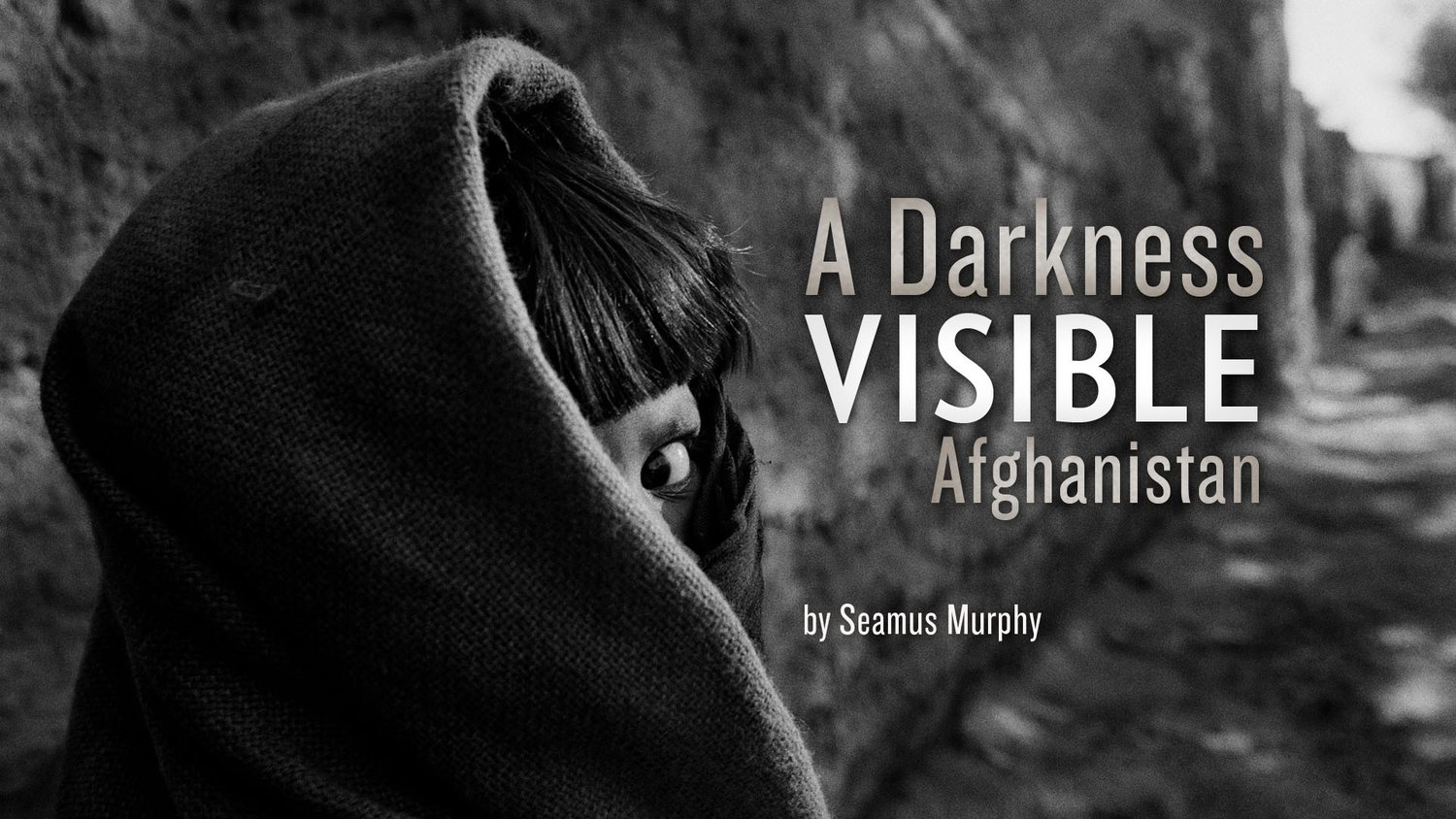
Based on 14 trips to Afghanistan between 1994 and 2010, A Darkness Visible: Afghanistan is the work of photojournalist Seamus Murphy. His work chronicles a people caught time and again in political turmoil, struggling to find their way.
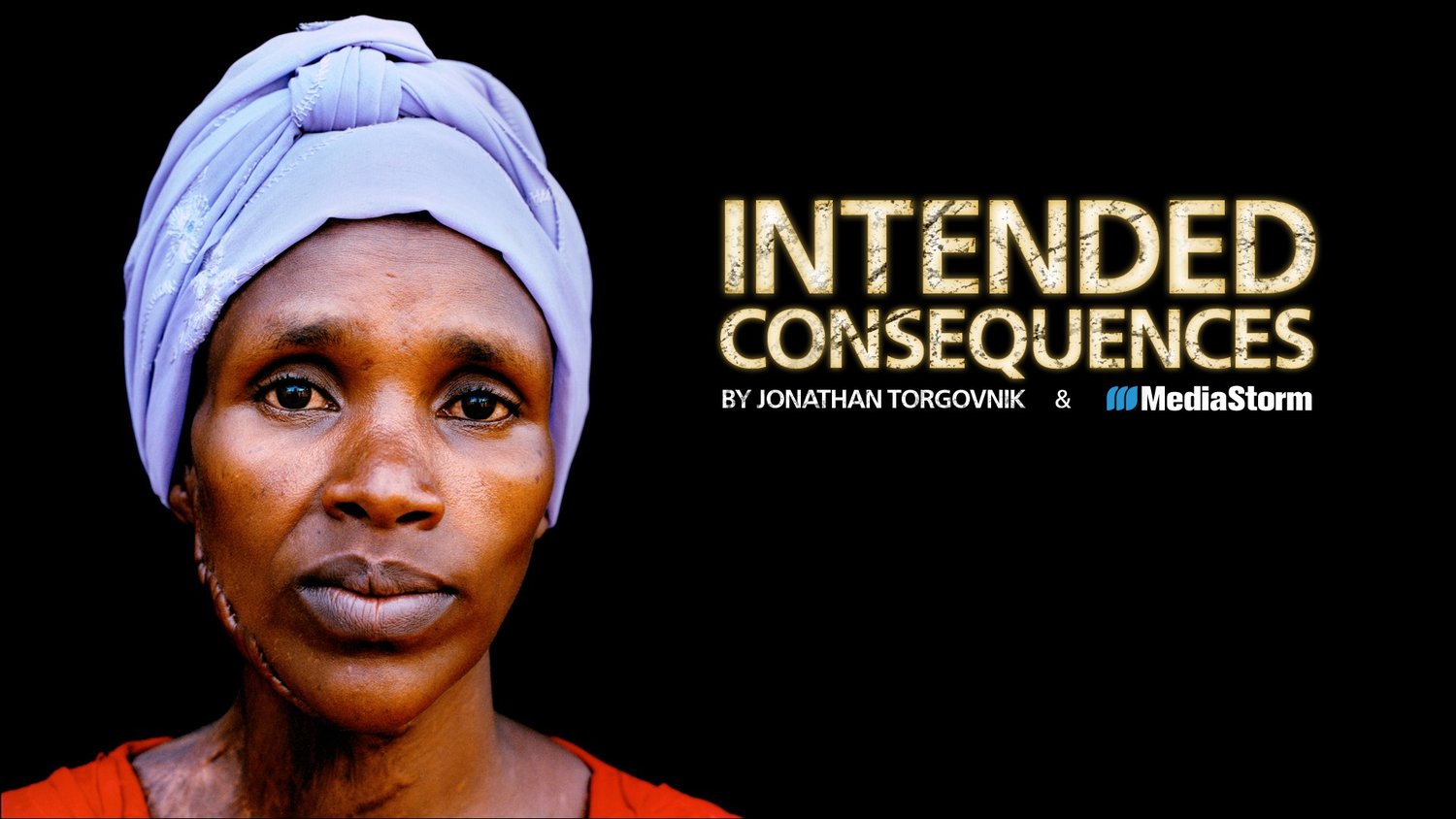
In Rwanda, in 1994, Hutu militia committed a bloody genocide, murdering one million Tutsis. Many of the Tutsi women were spared, only to be held captive and repeatedly raped. Many became pregnant. Intended Consequences tells their stories.
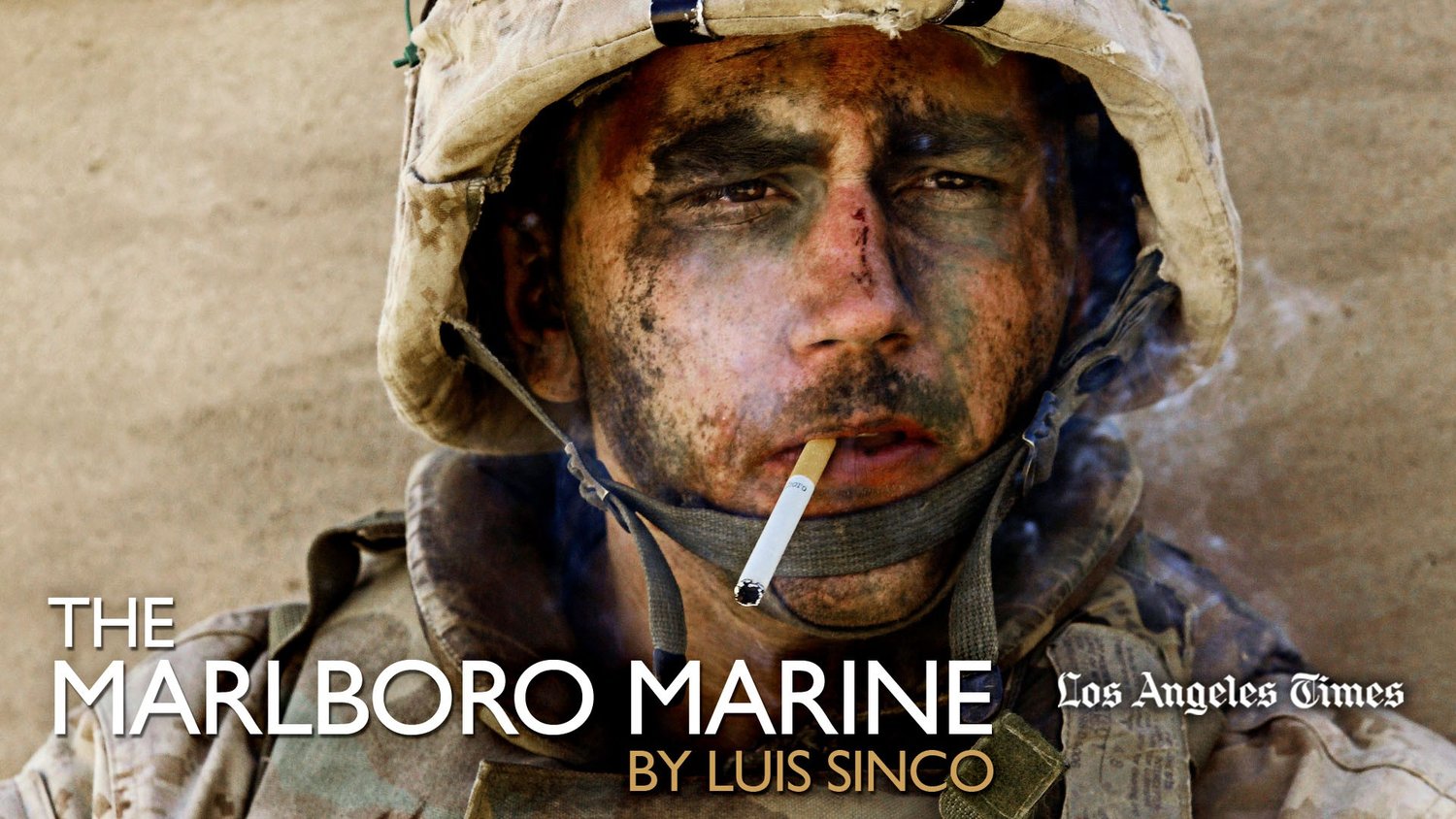
To those who serve in the armed forces, what is the aftereffect of war? The Marlboro Marine is photographer Luis Sinco's portrait of Marine Corporal James Blake Miller, whom he met in Iraq. For Miller, coming home has been its own battle.
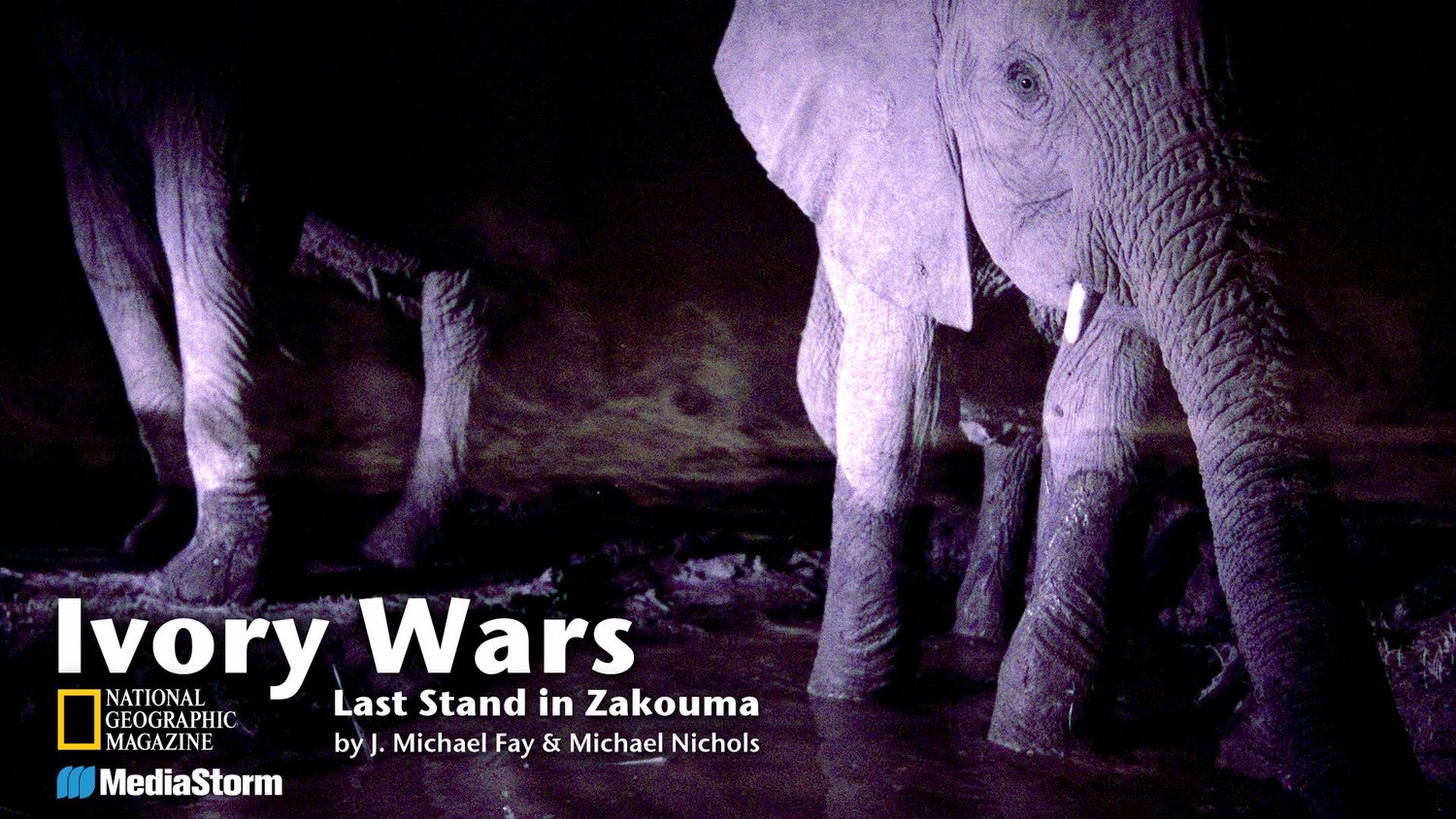
Zakouma National Park is one of the last places on earth where elephants still roam by the thousands. In a land where poachers will slaughter the huge animals for their tusks alone, it takes armed guards to keep them safe.
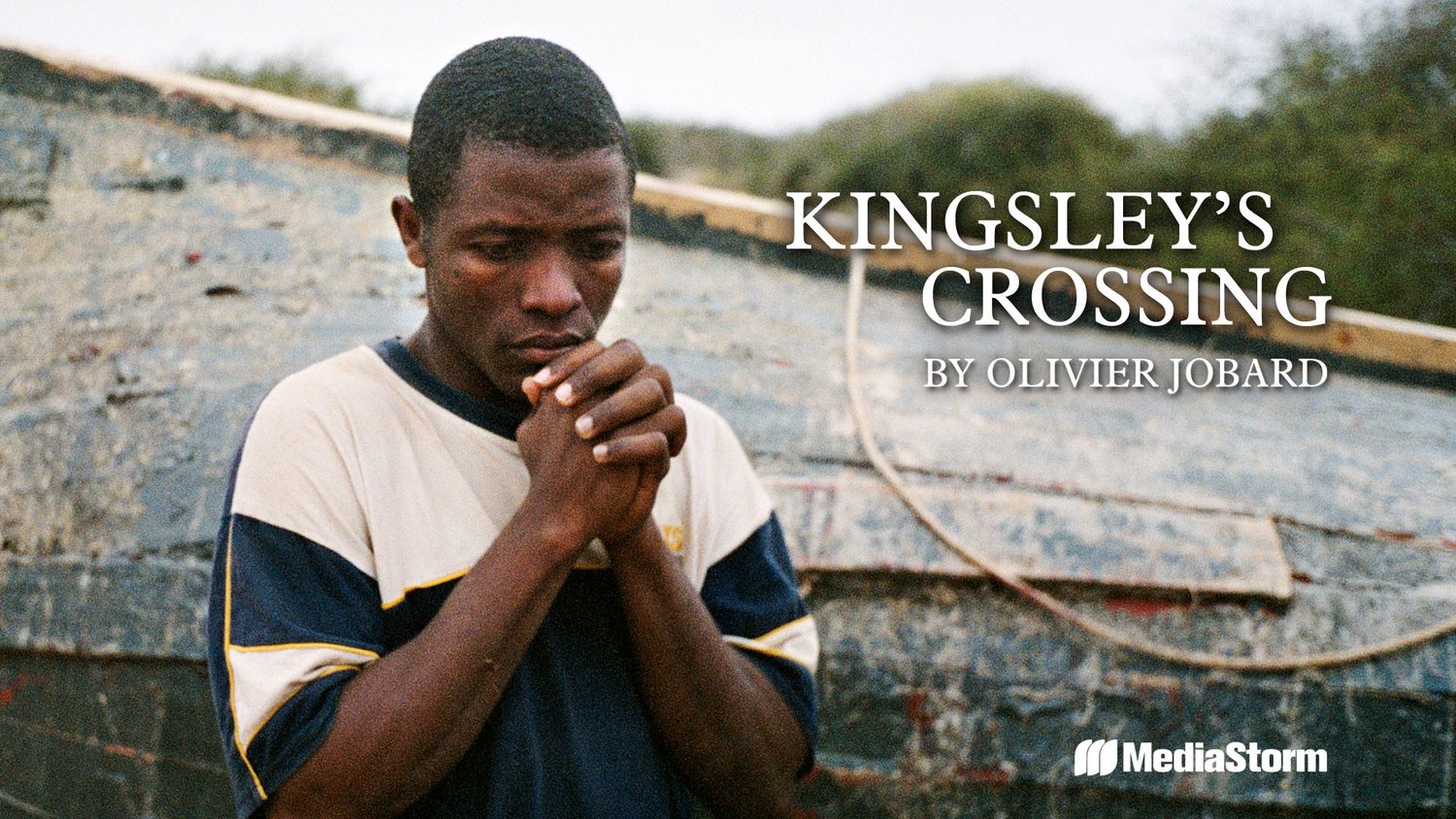
Kingsley's Crossing is the story of one man's dream to leave the poverty of life in Africa for the promised land of Europe. We walk in his shoes, as photojournalist Olivier Jobard accompanies Kingsley on his uncertain and perilous journey.
Collaborate With Us
The MediaStorm Platform is an advanced video platform that extends the user experience beyond linear video to include the interactive capabilities of the Internet.
The MediaStorm Platform is an advanced video platform that extends the user experience beyond linear video to include the interactive capabilities of the Internet.
Follow MediaStorm
Copyright 2025 MediaStorm, LLC | Terms & Conditions | Privacy | Contact
